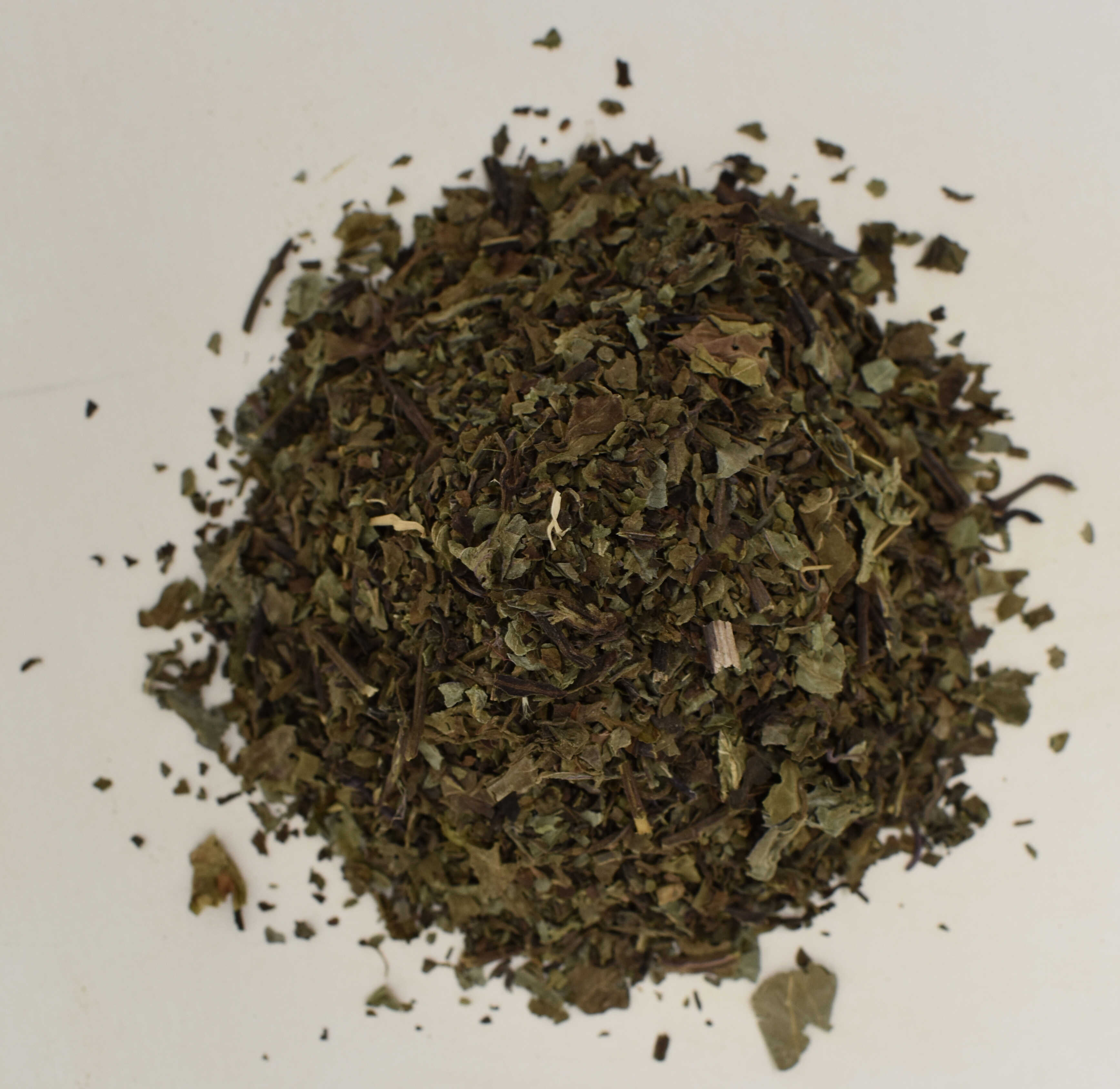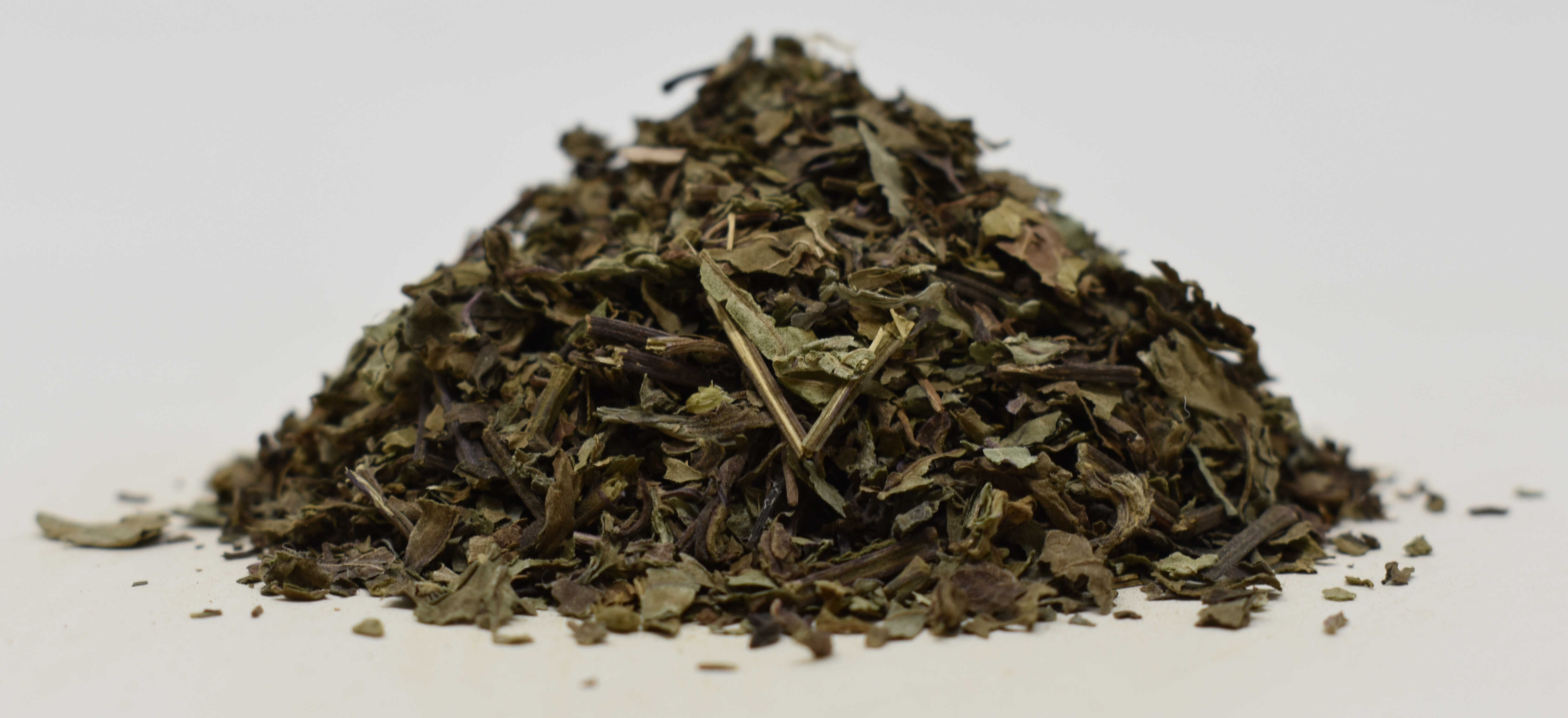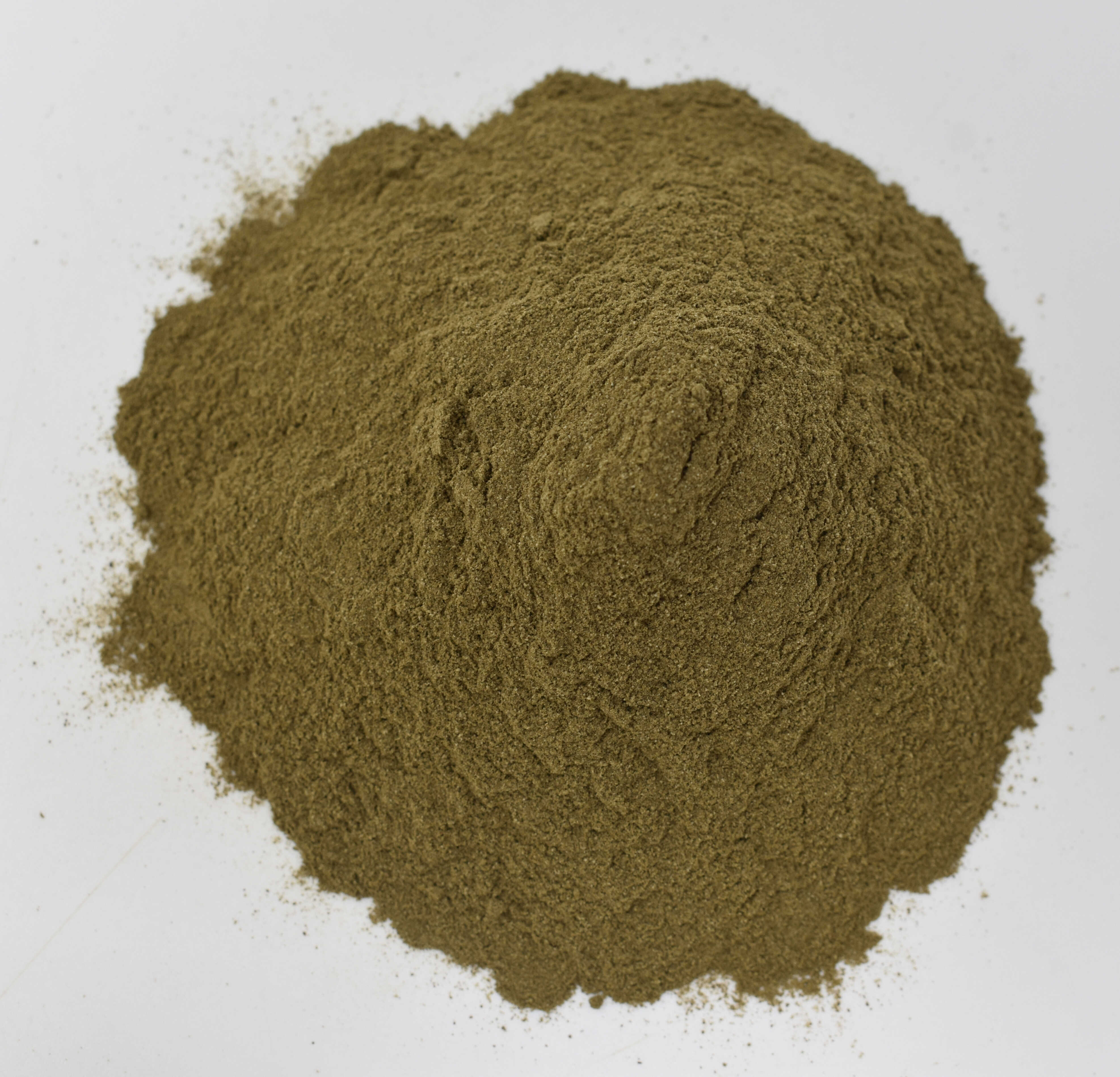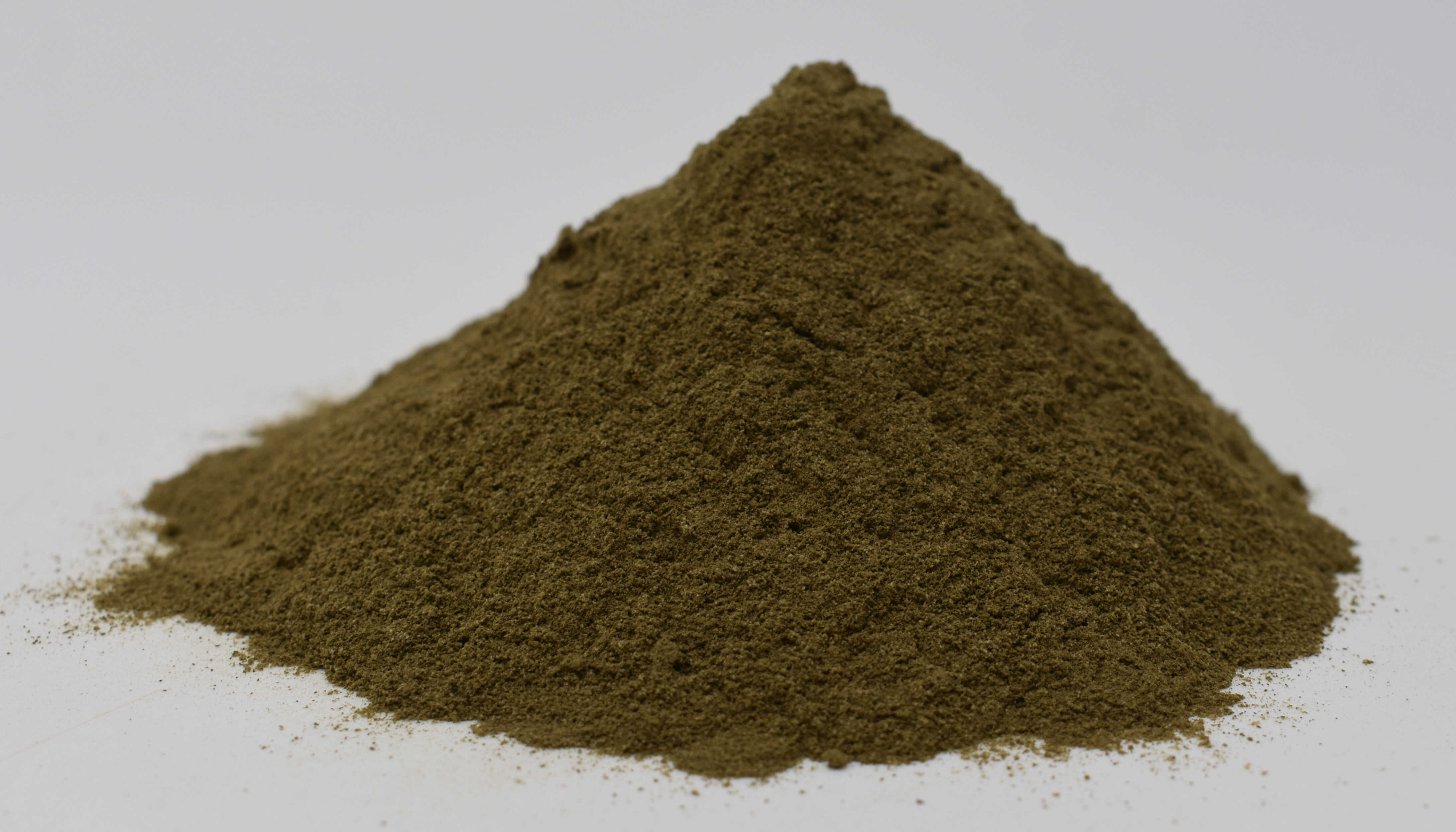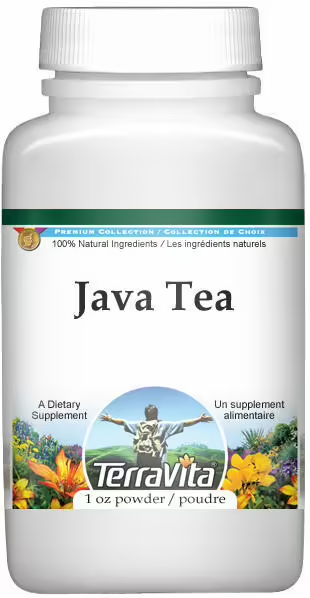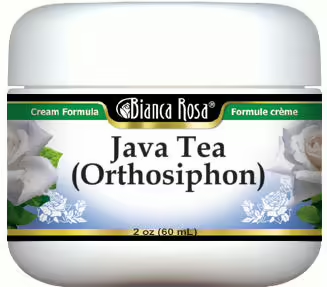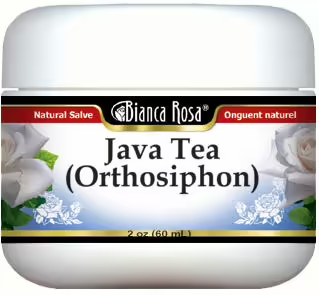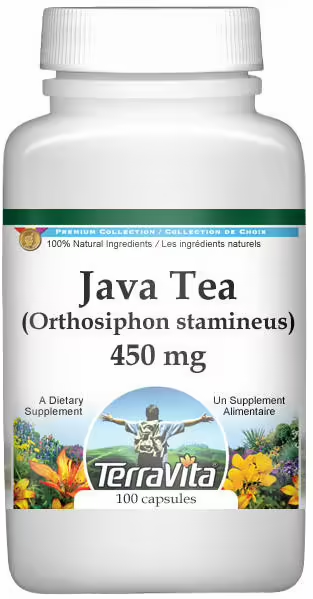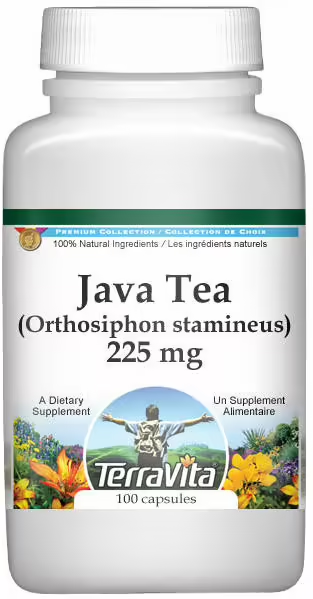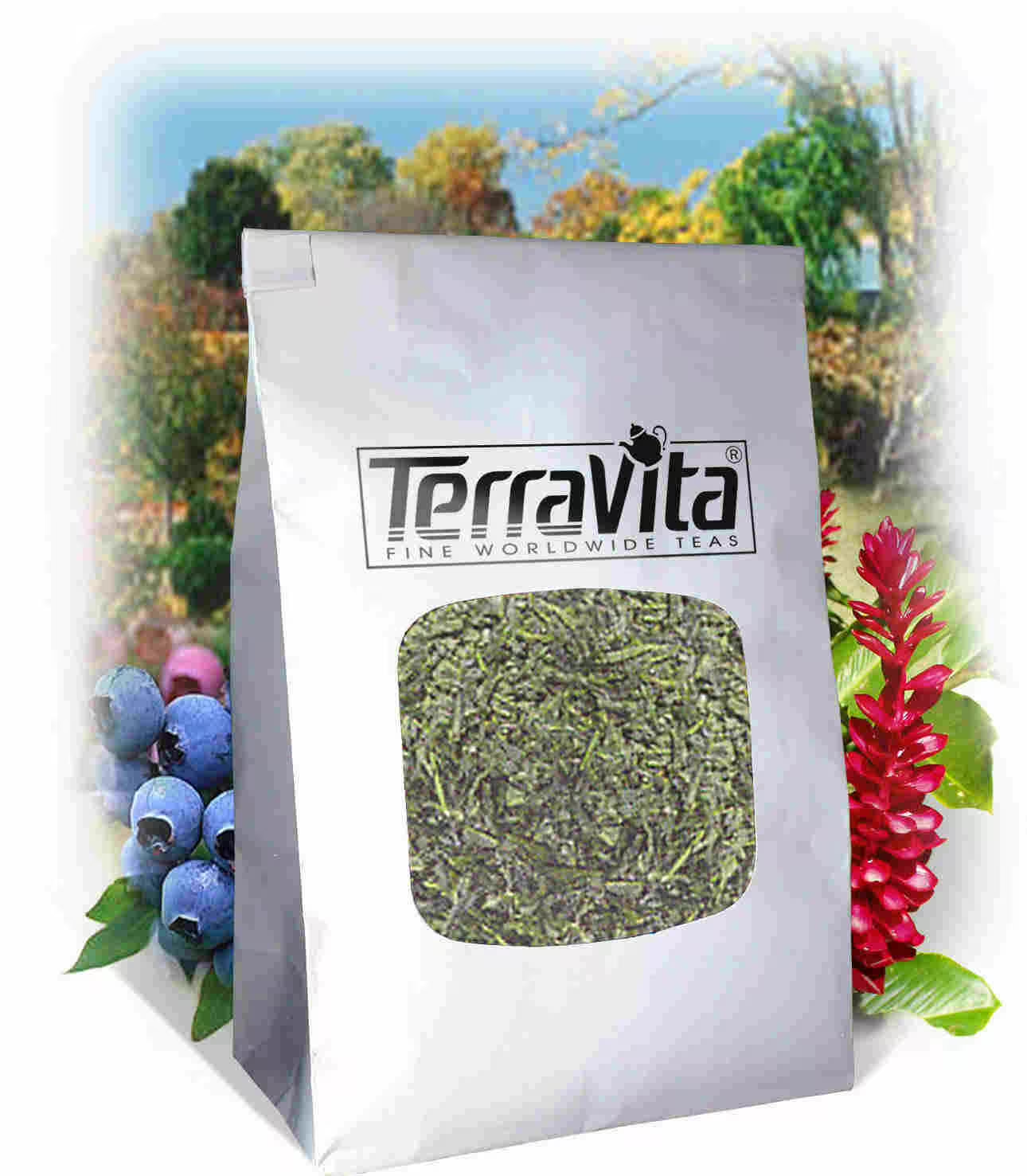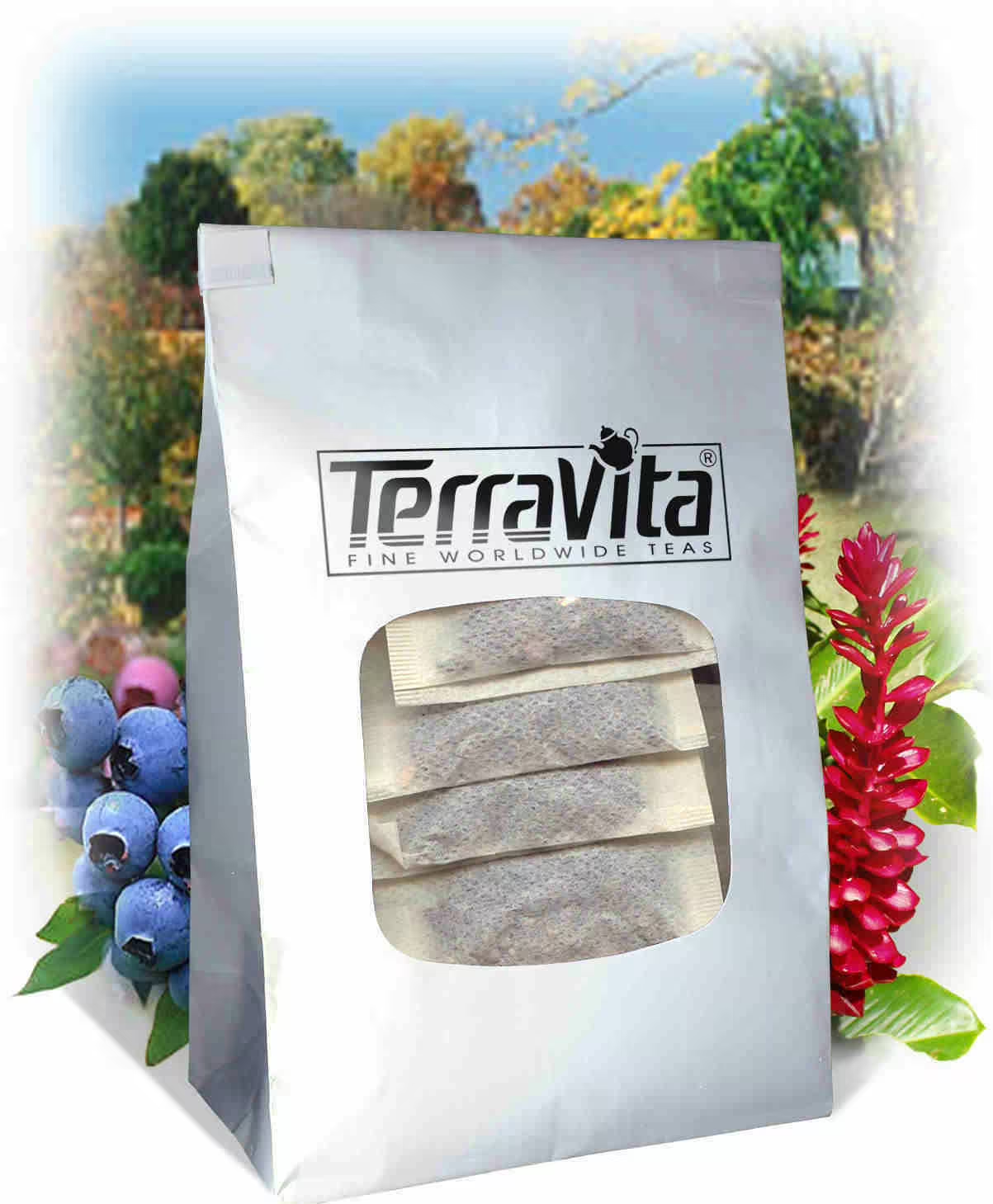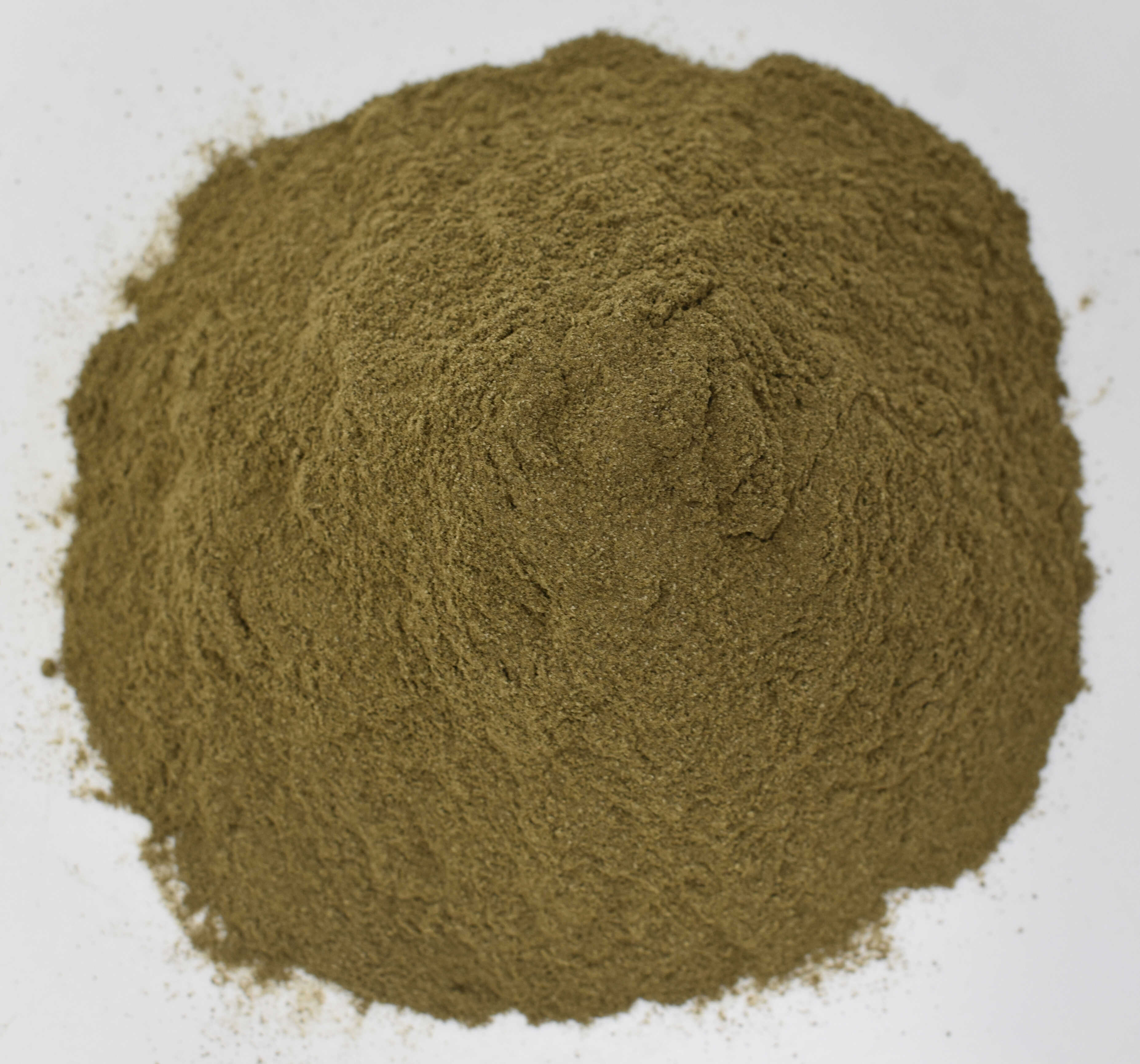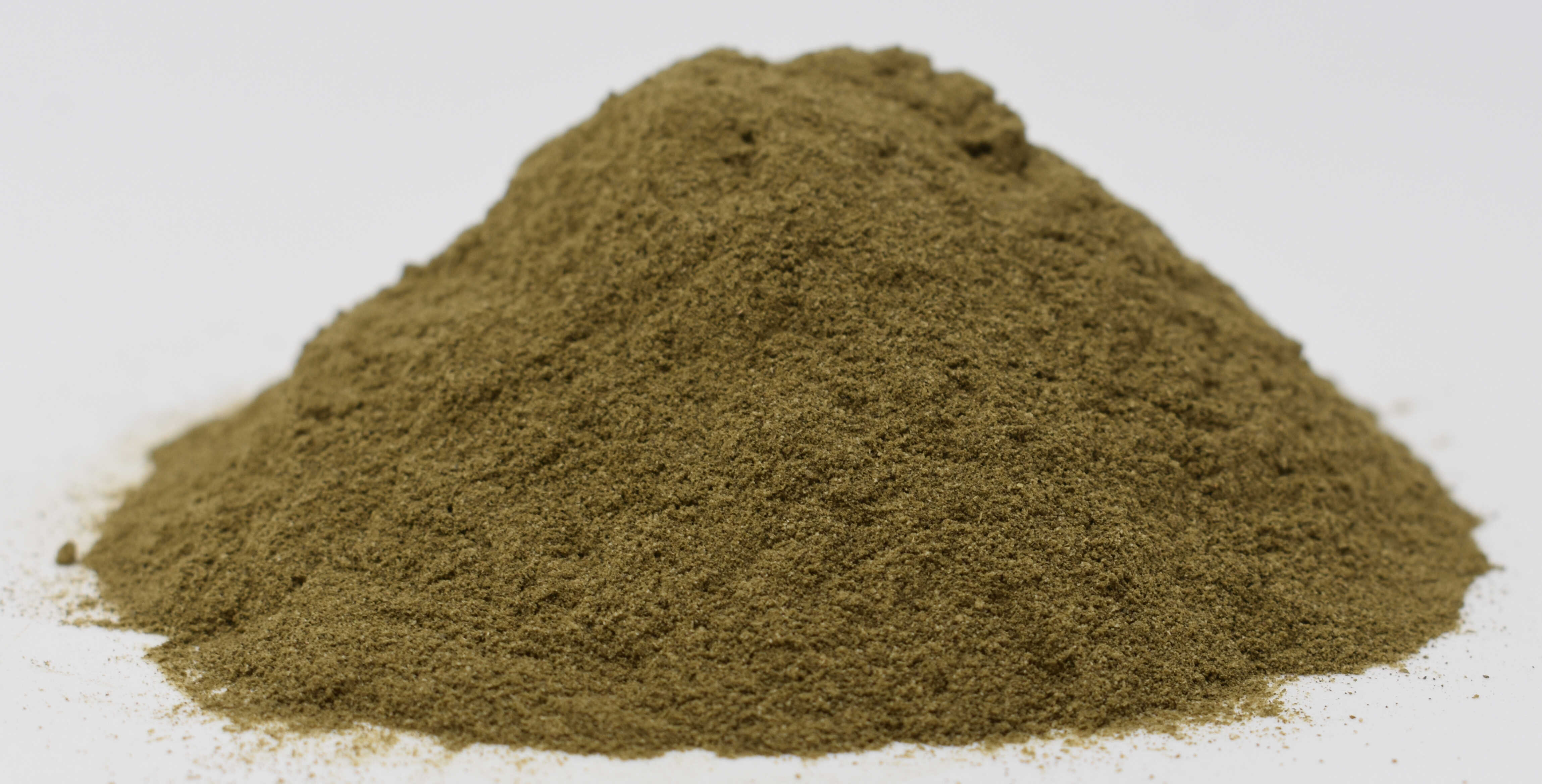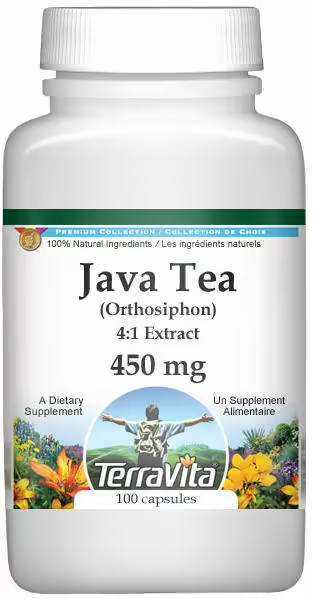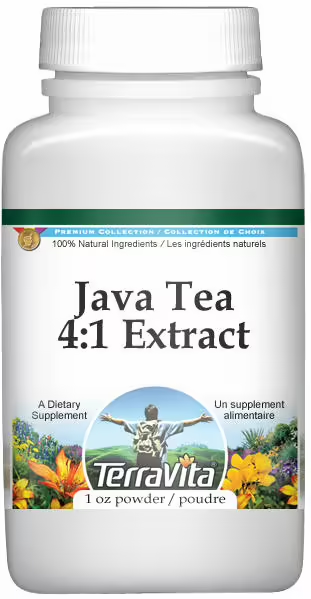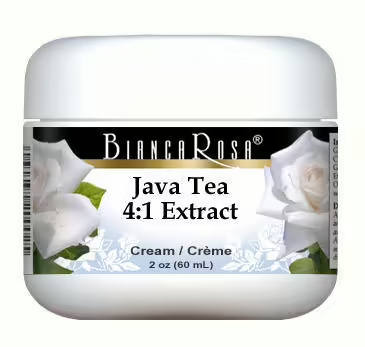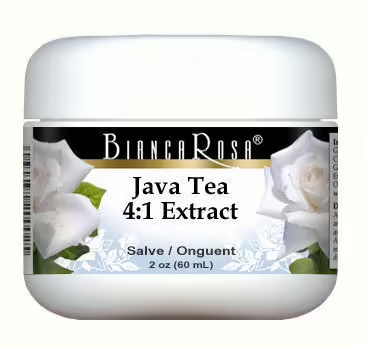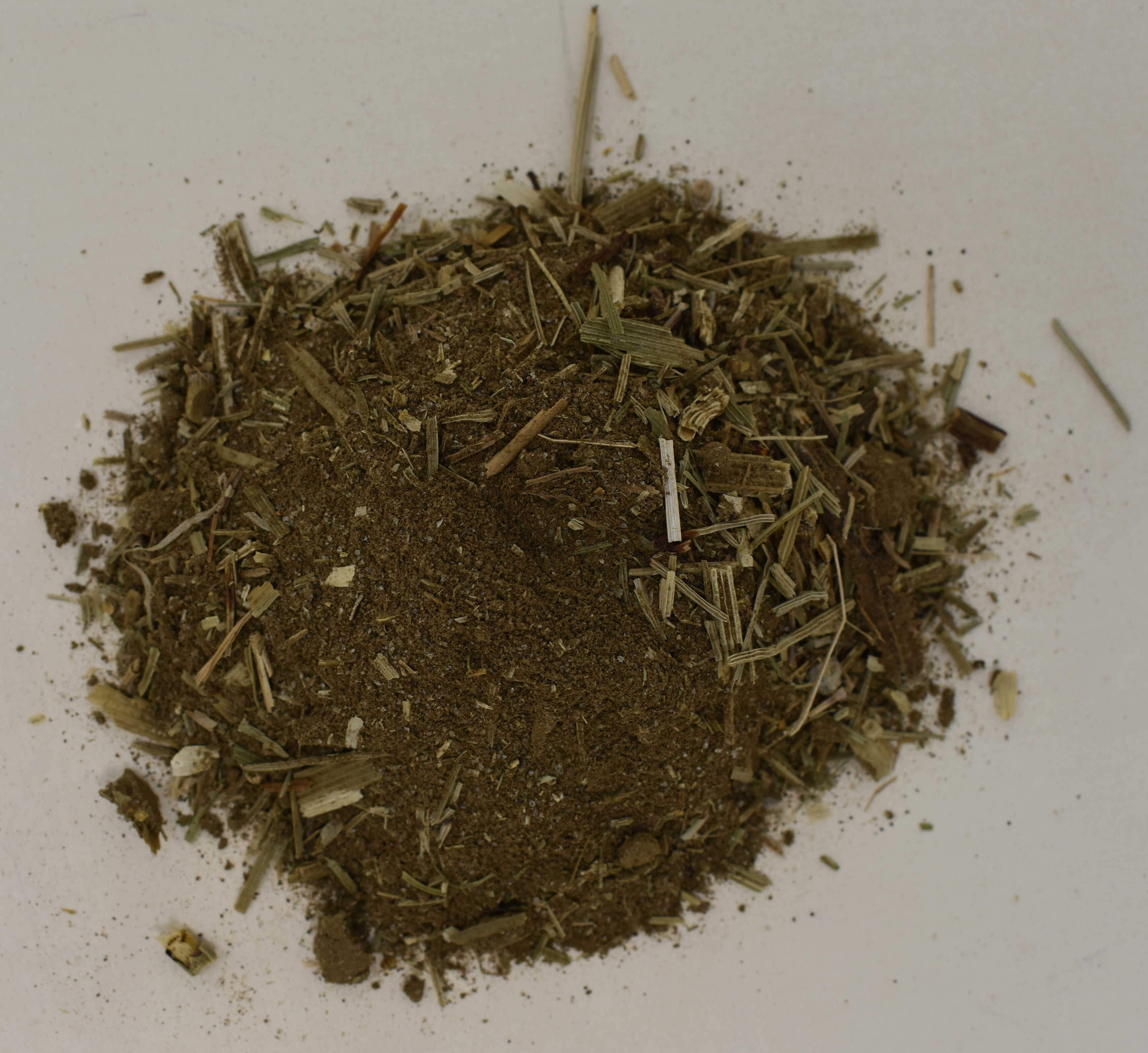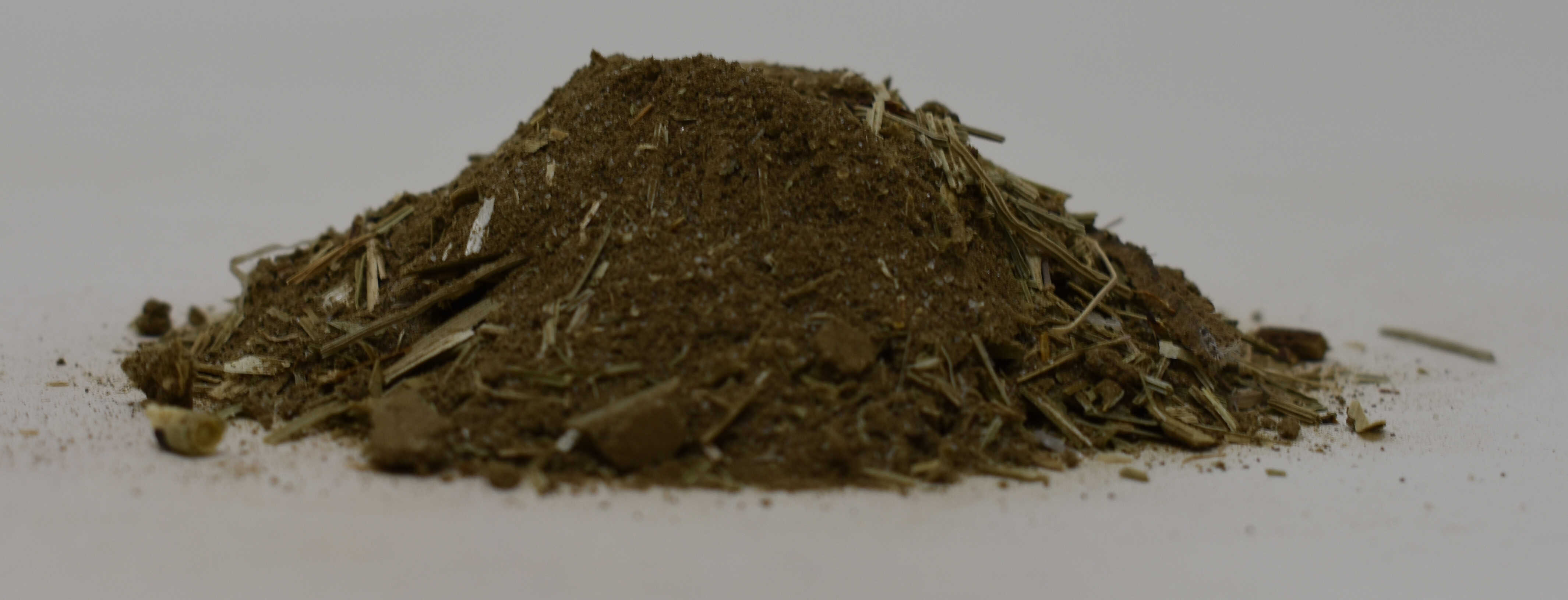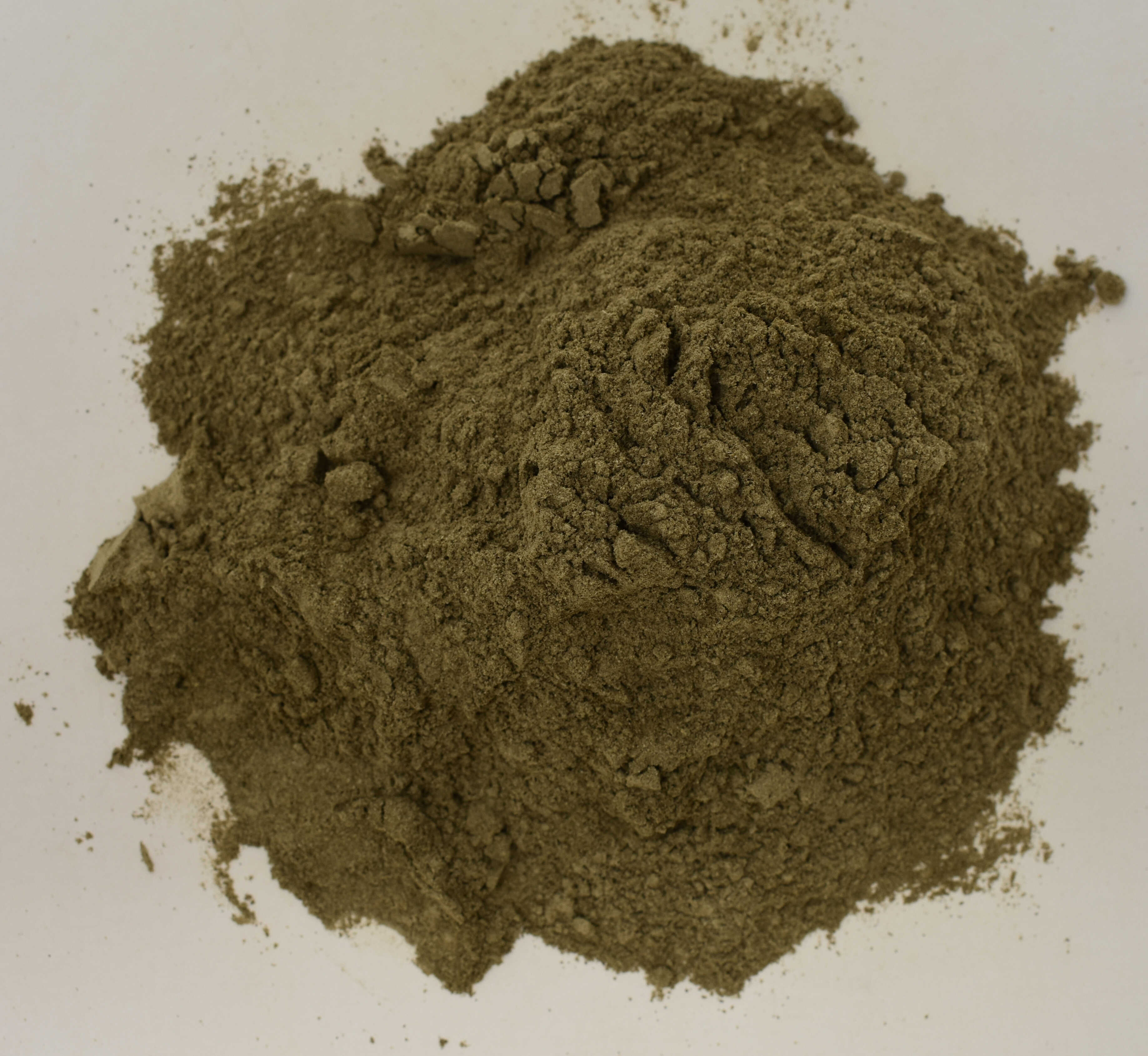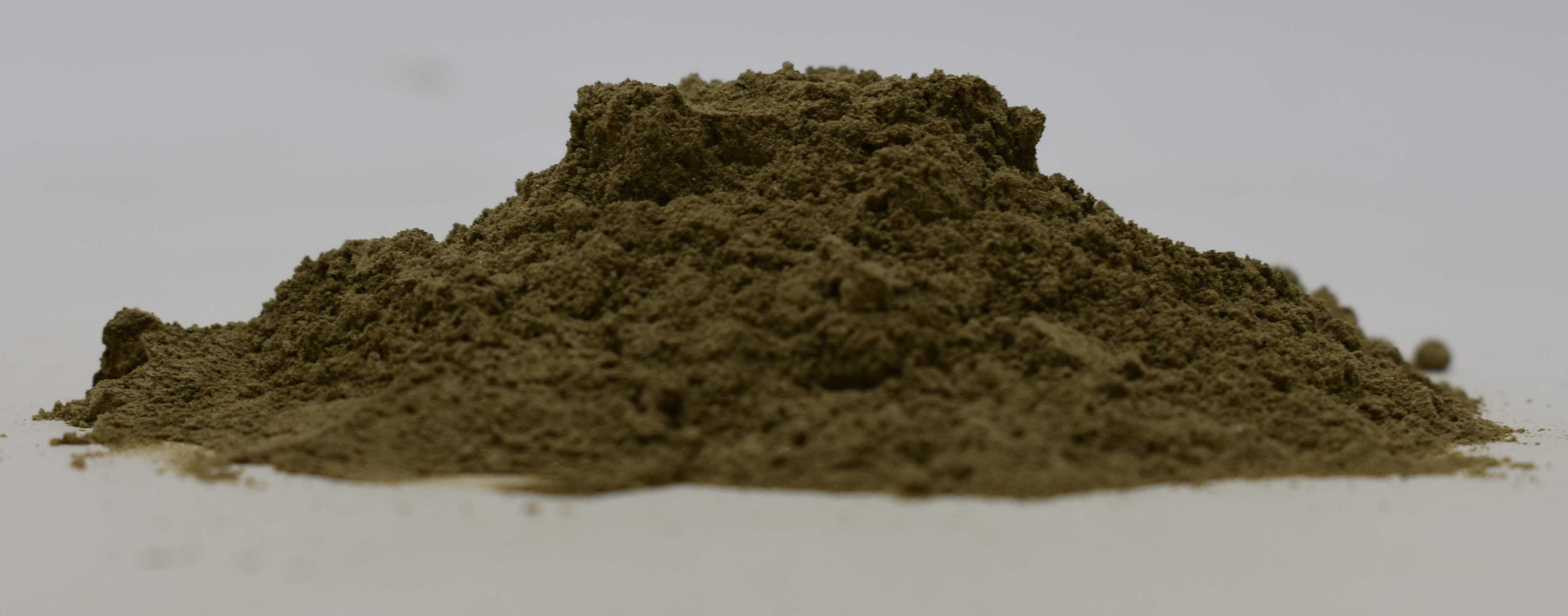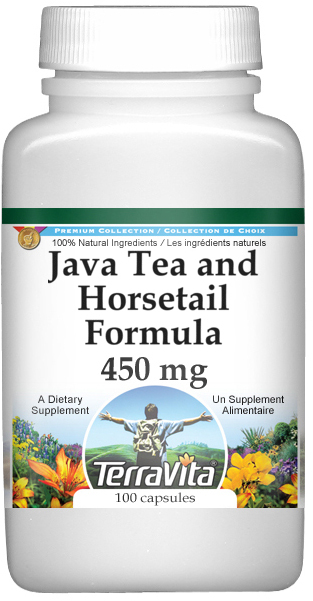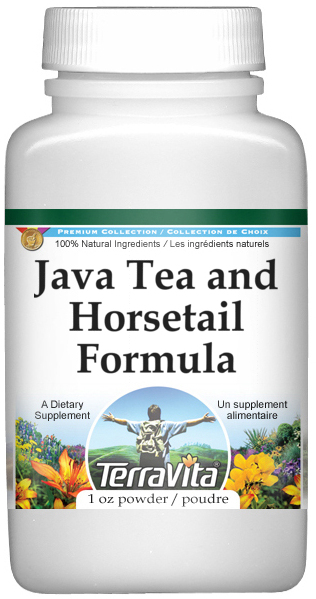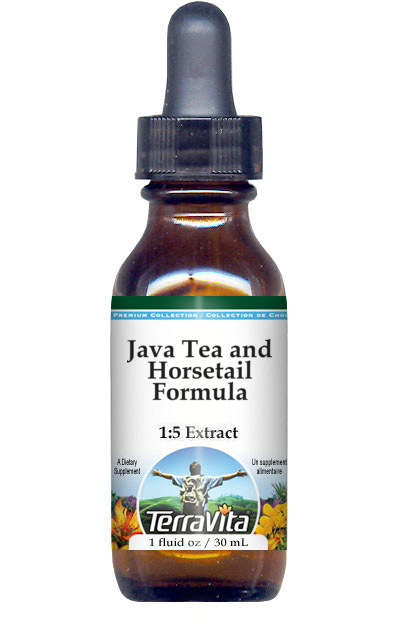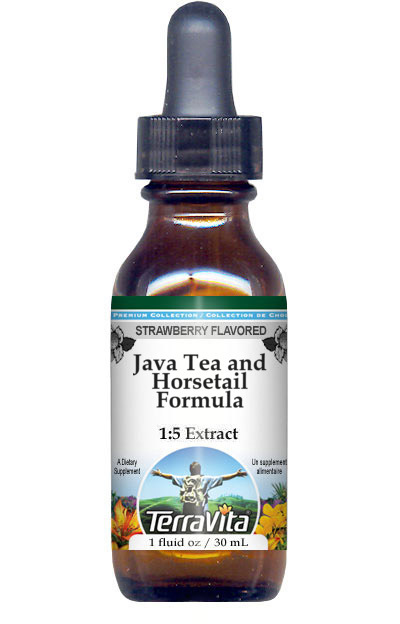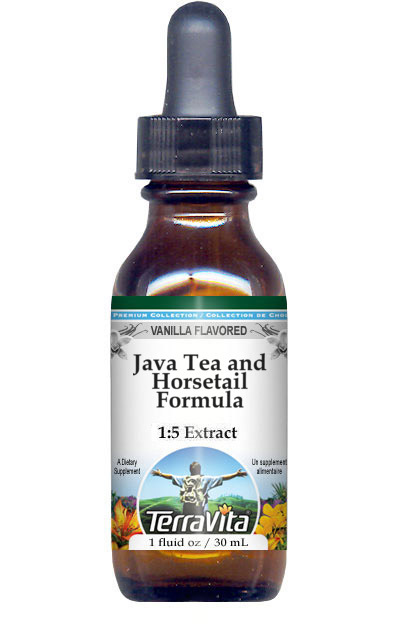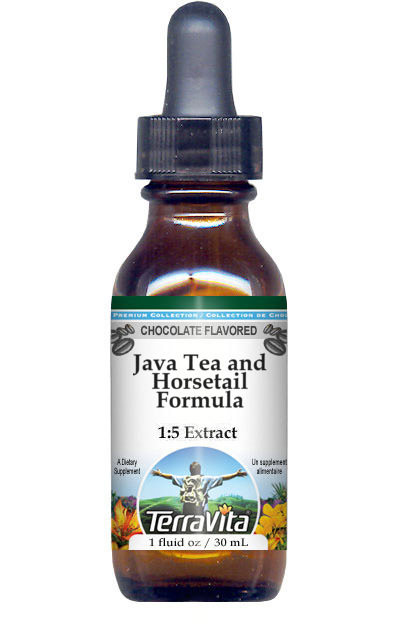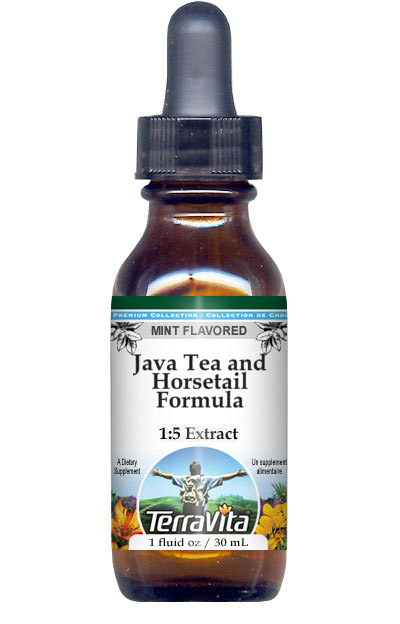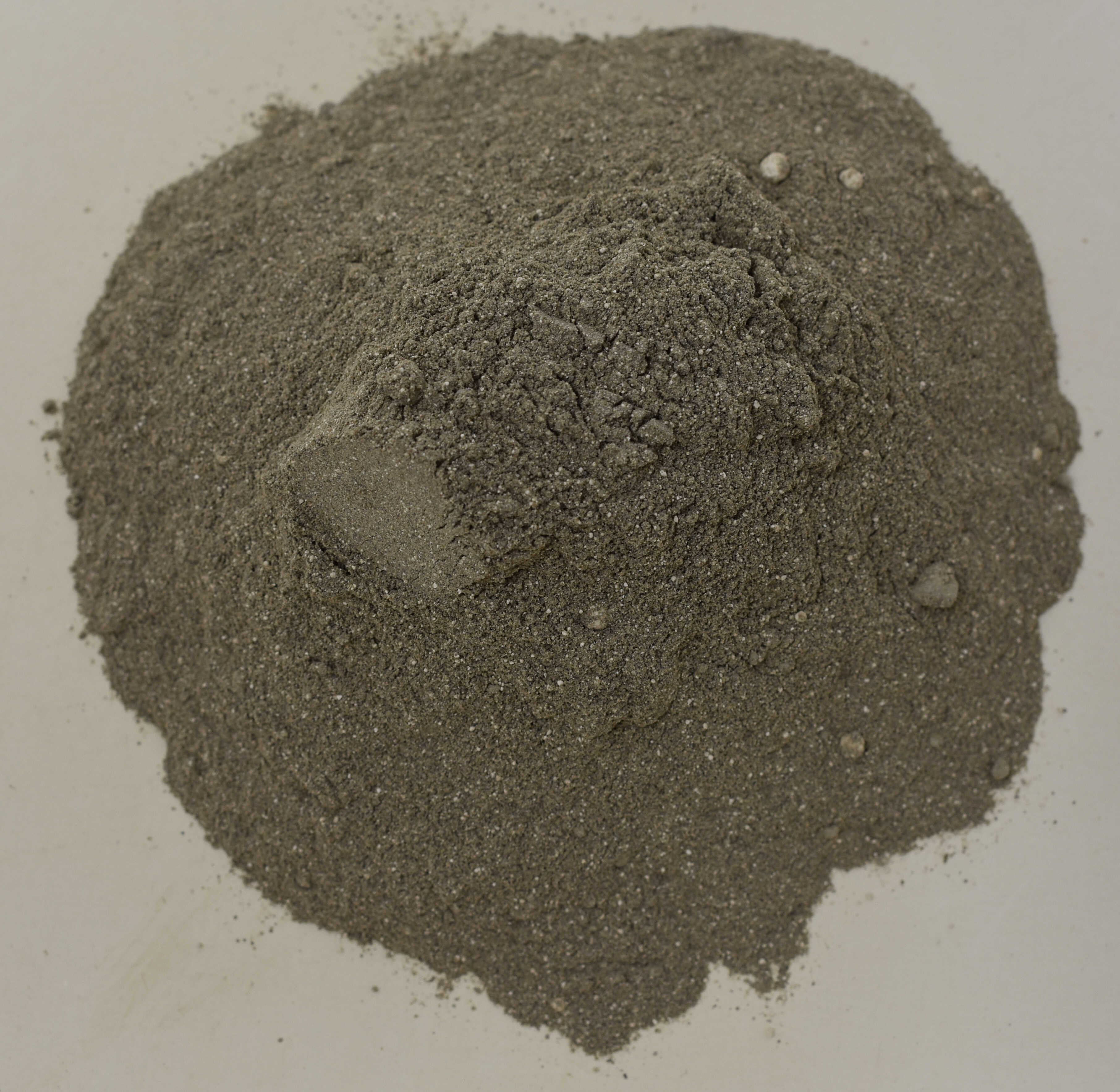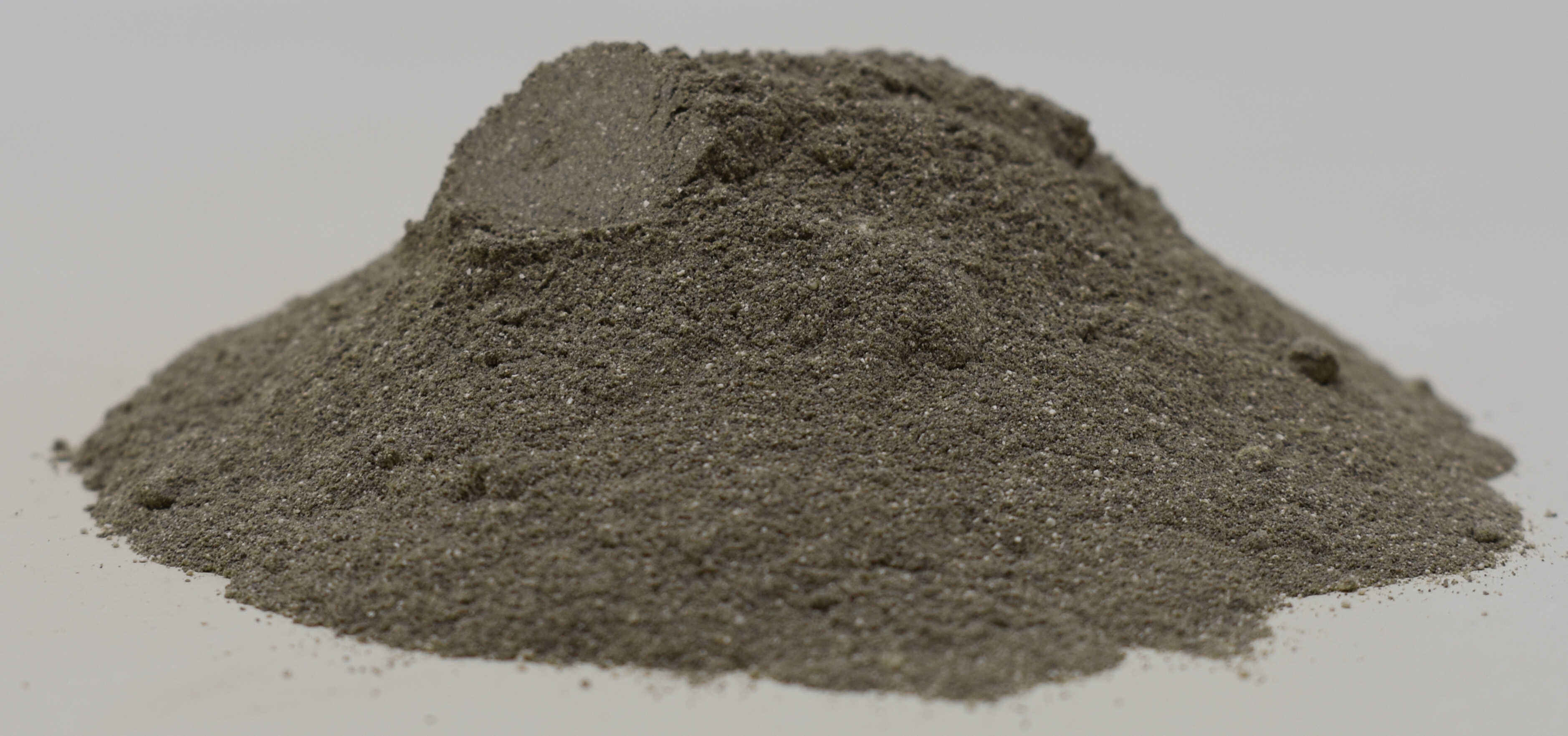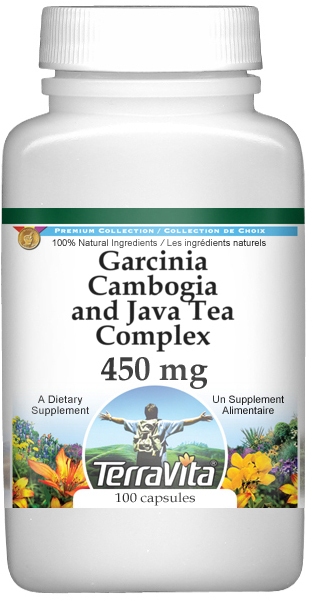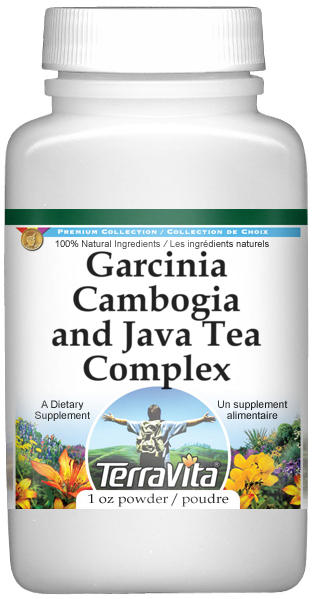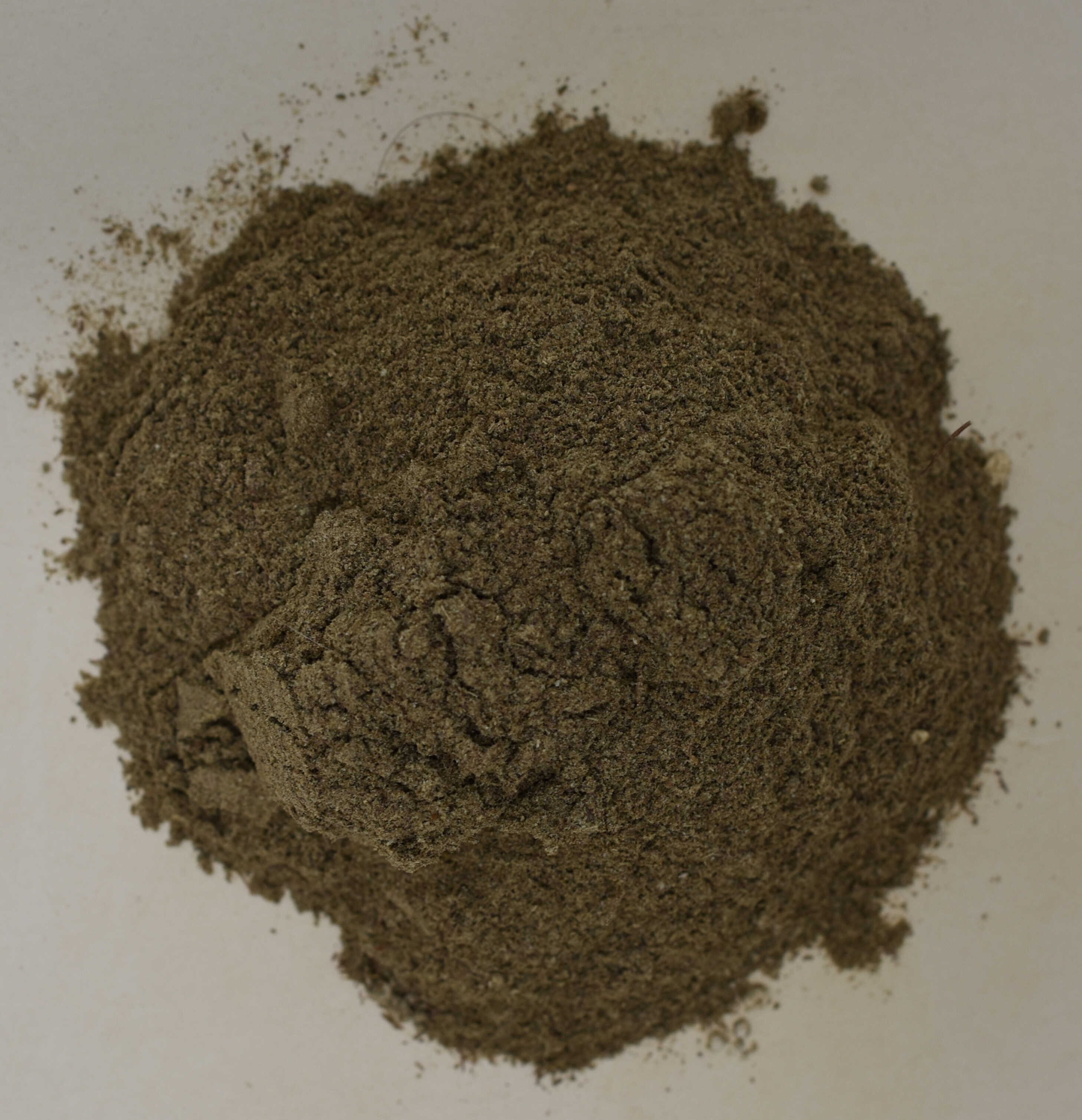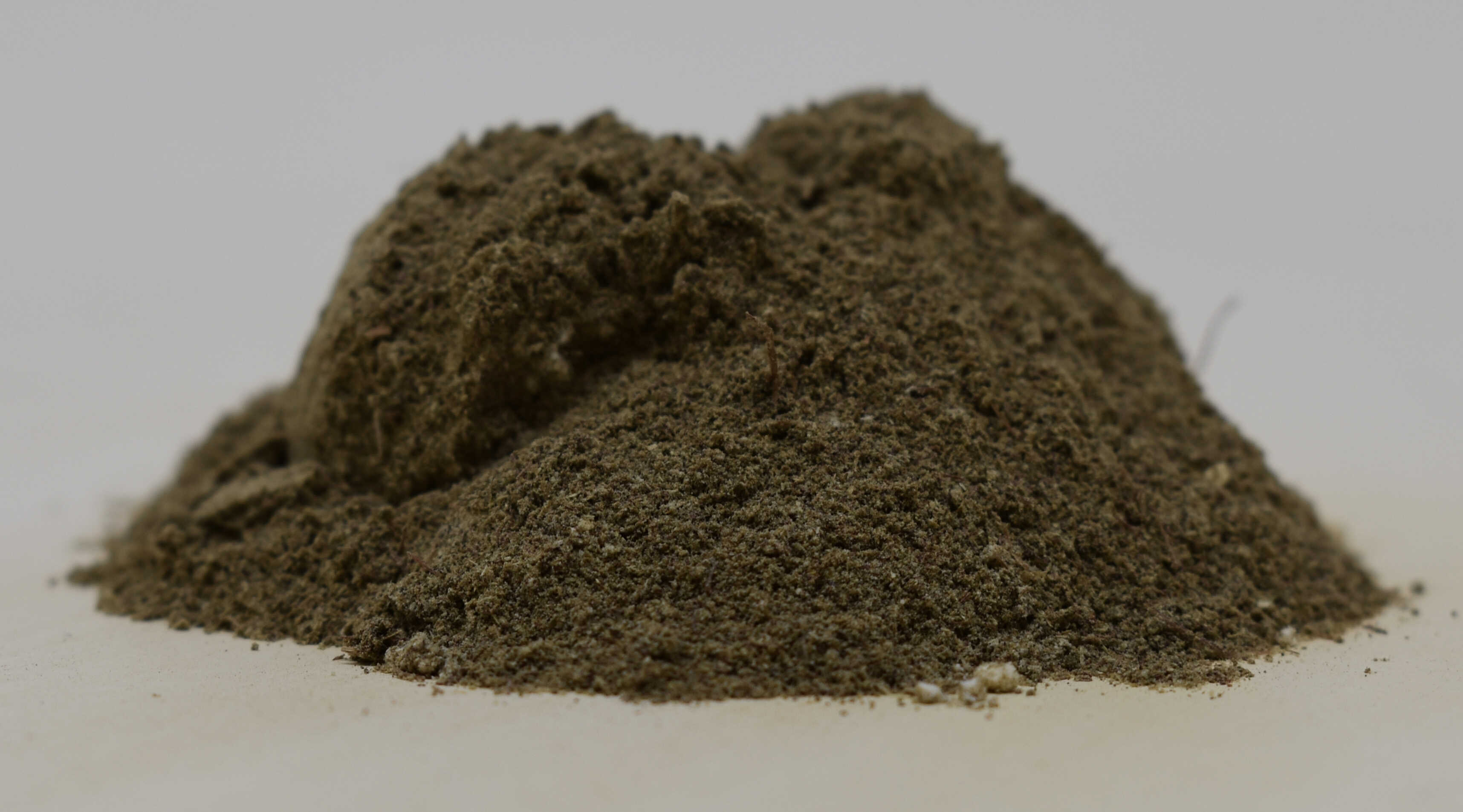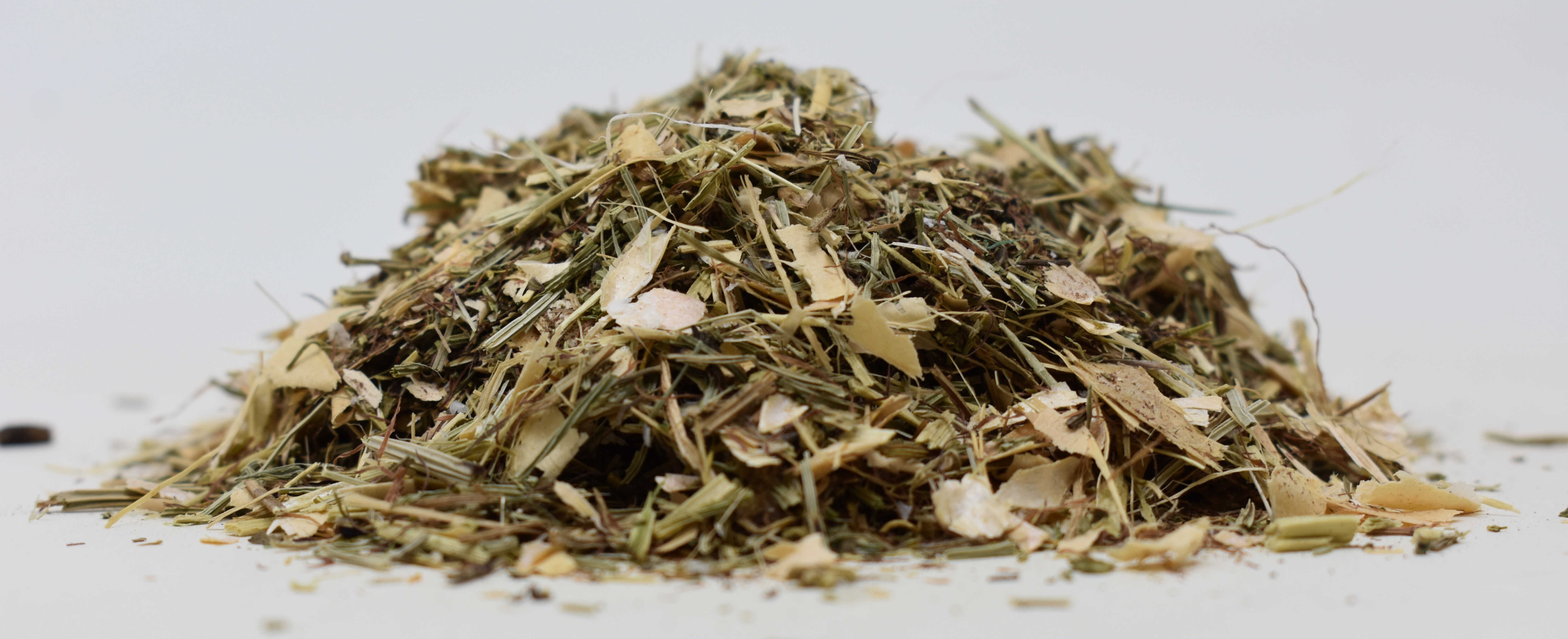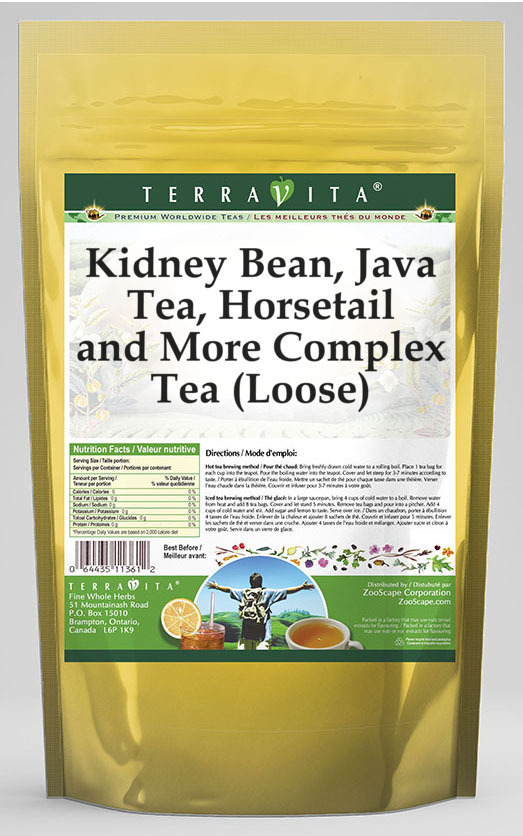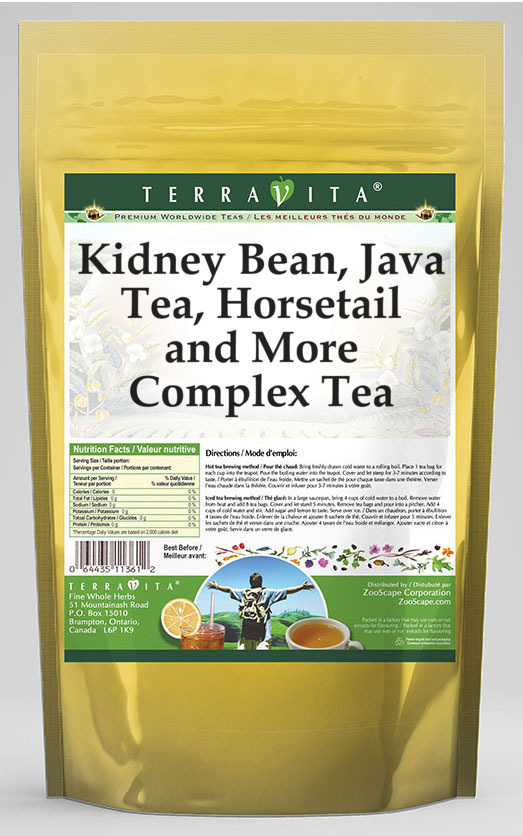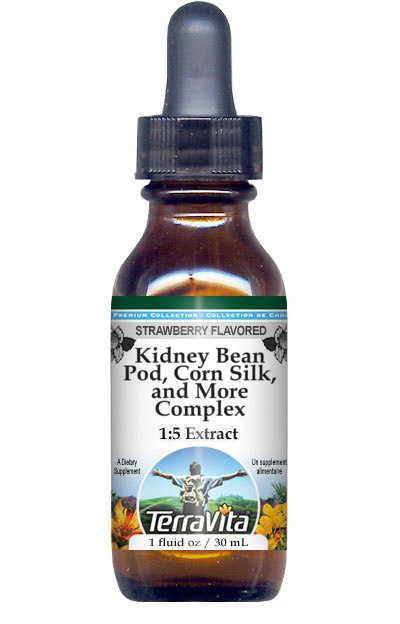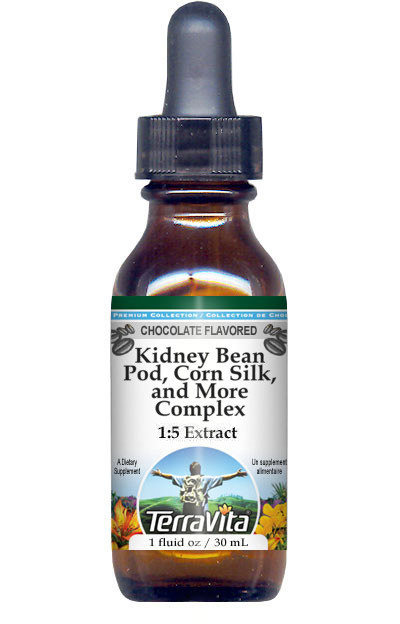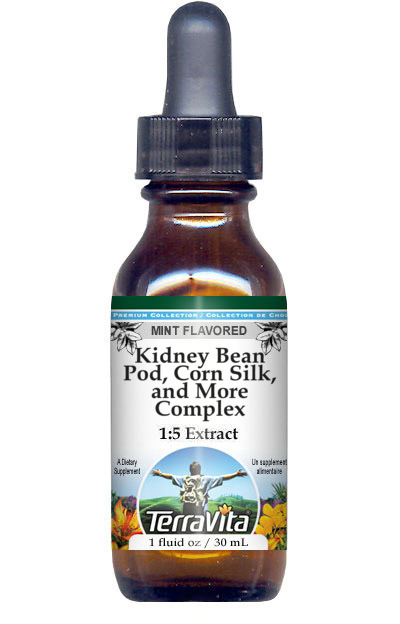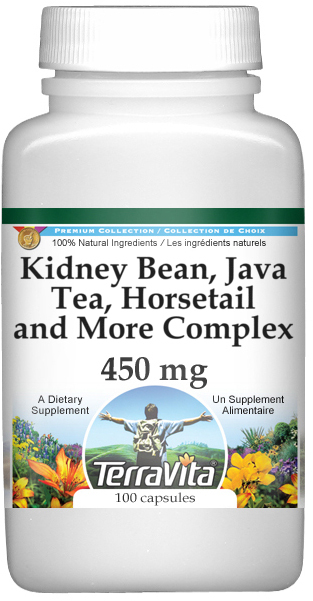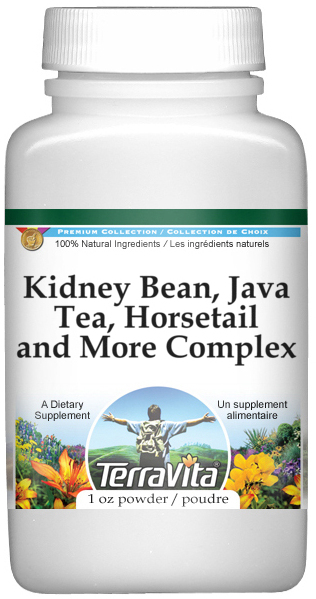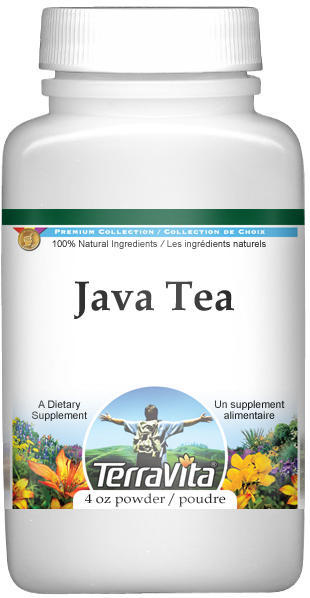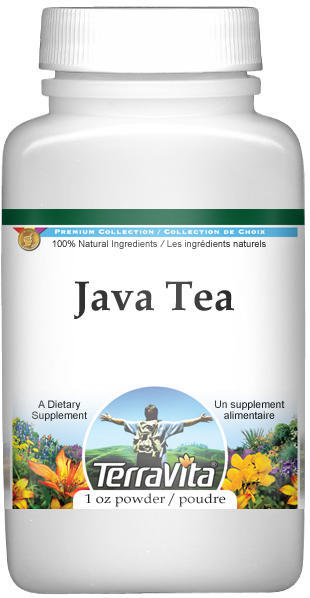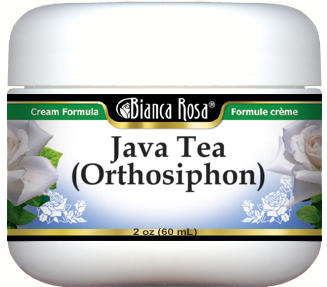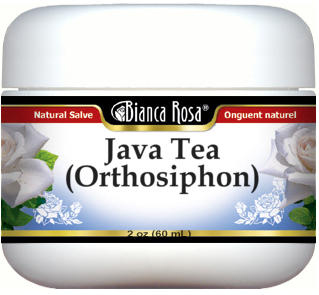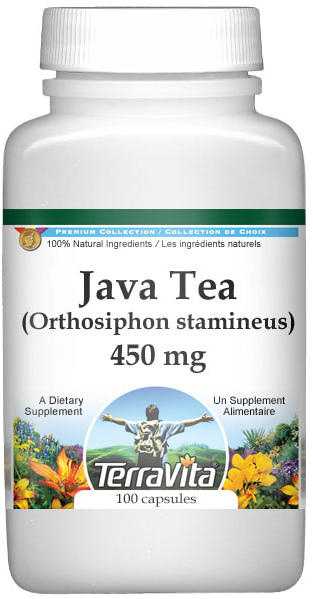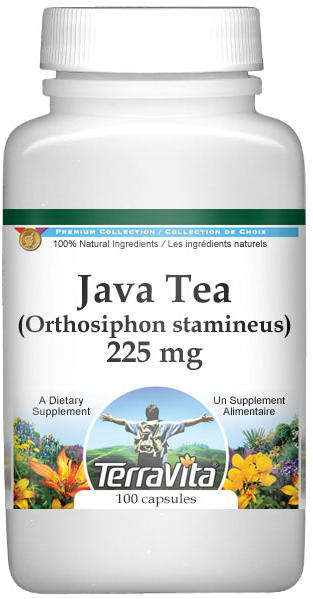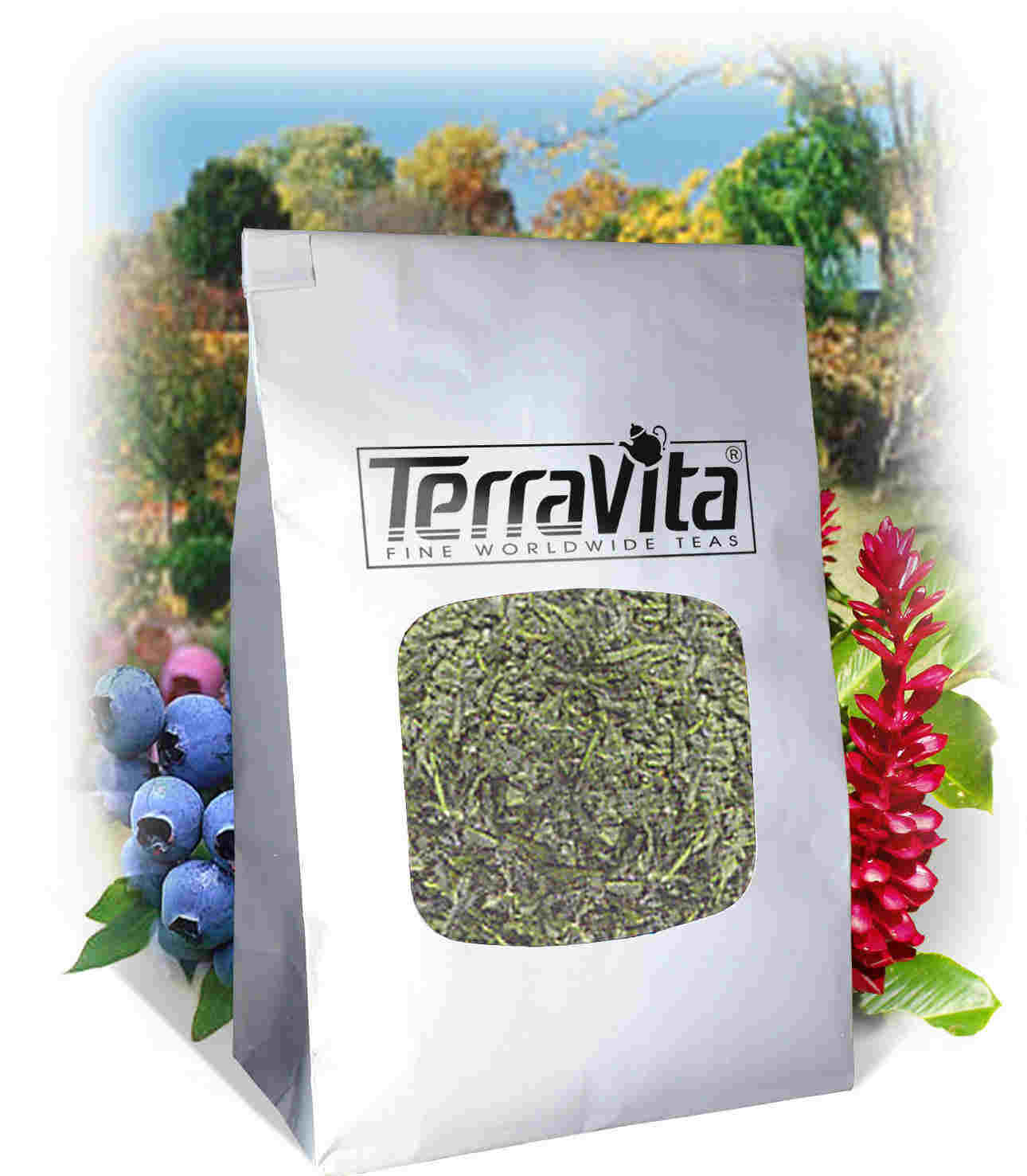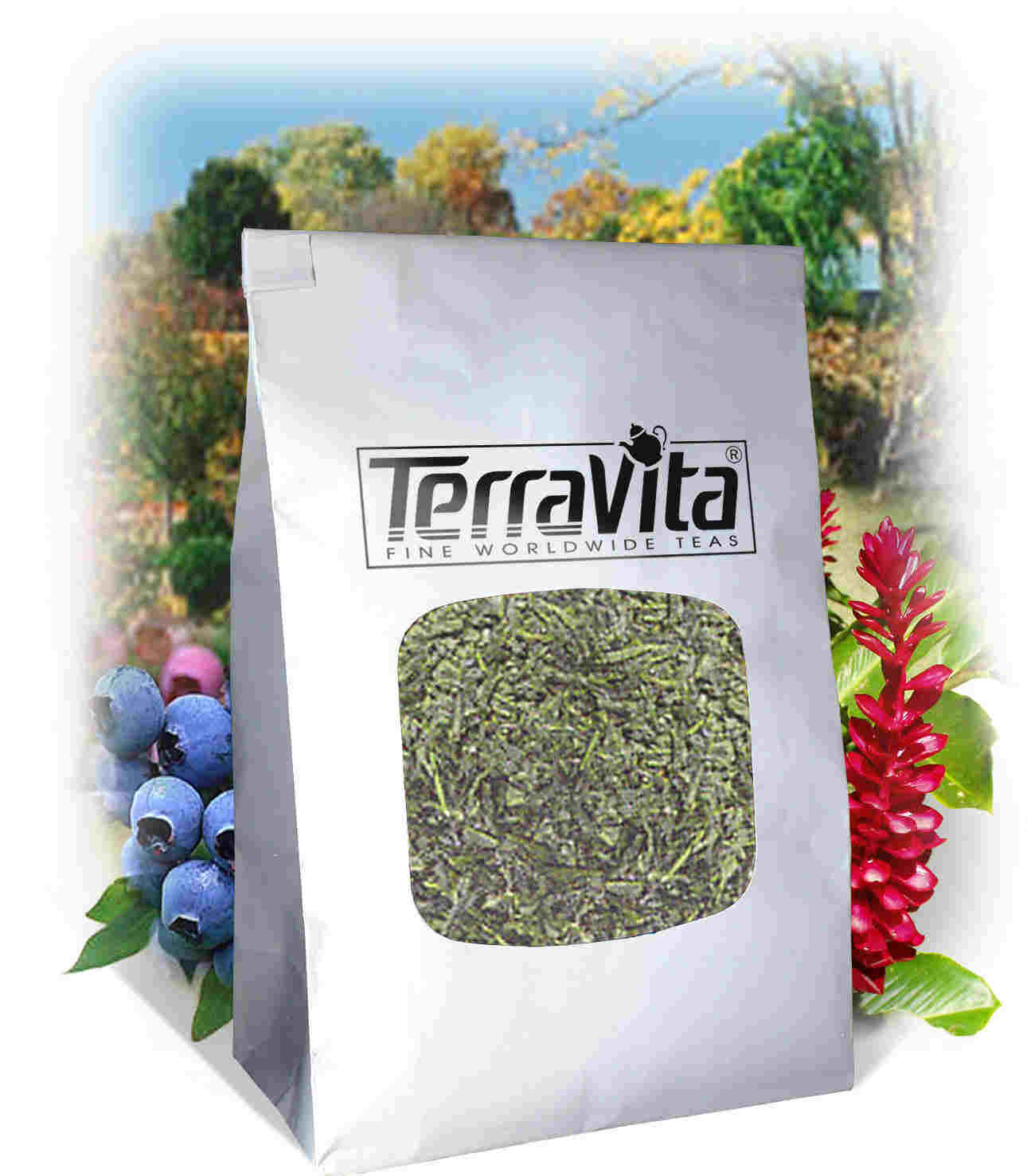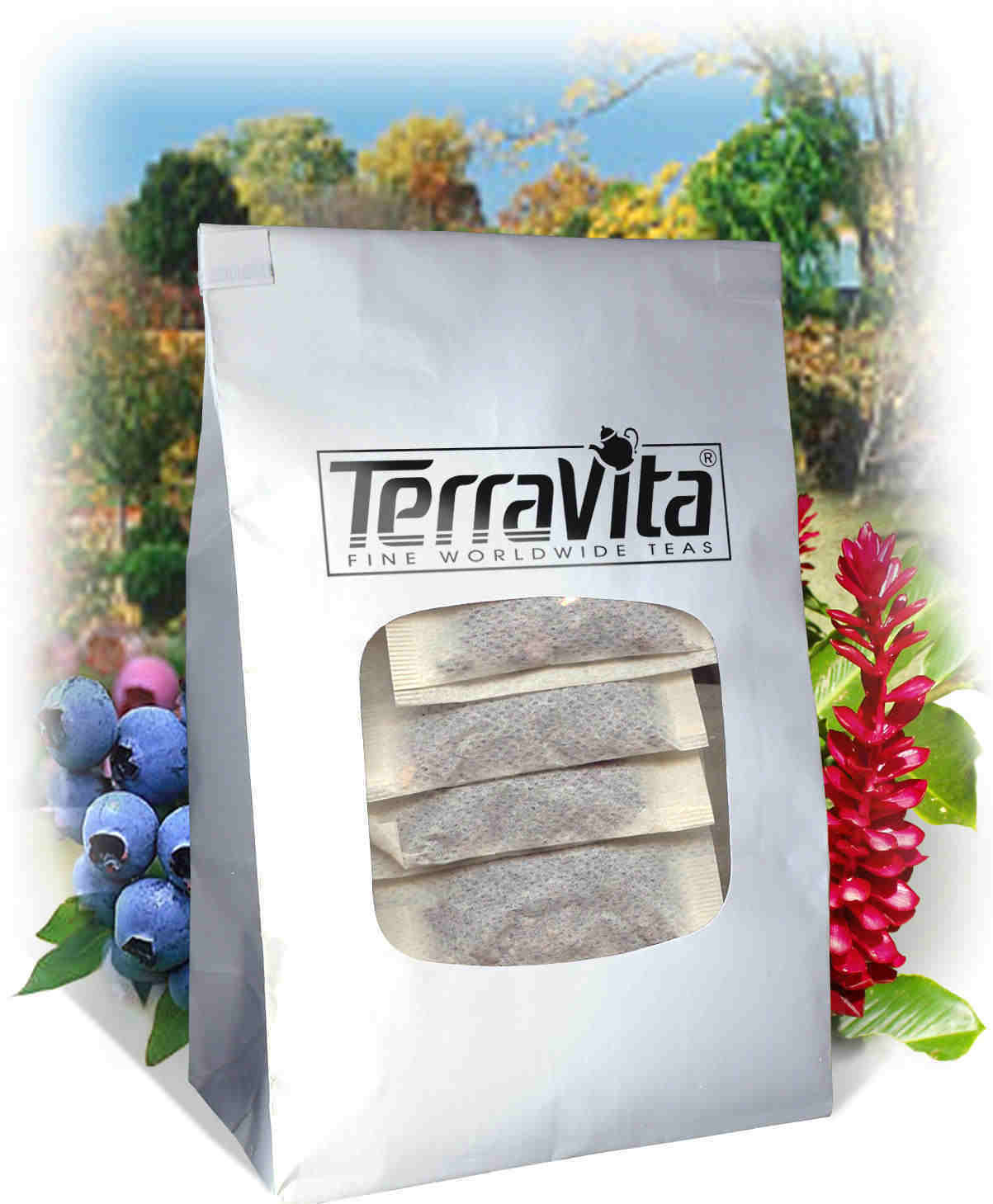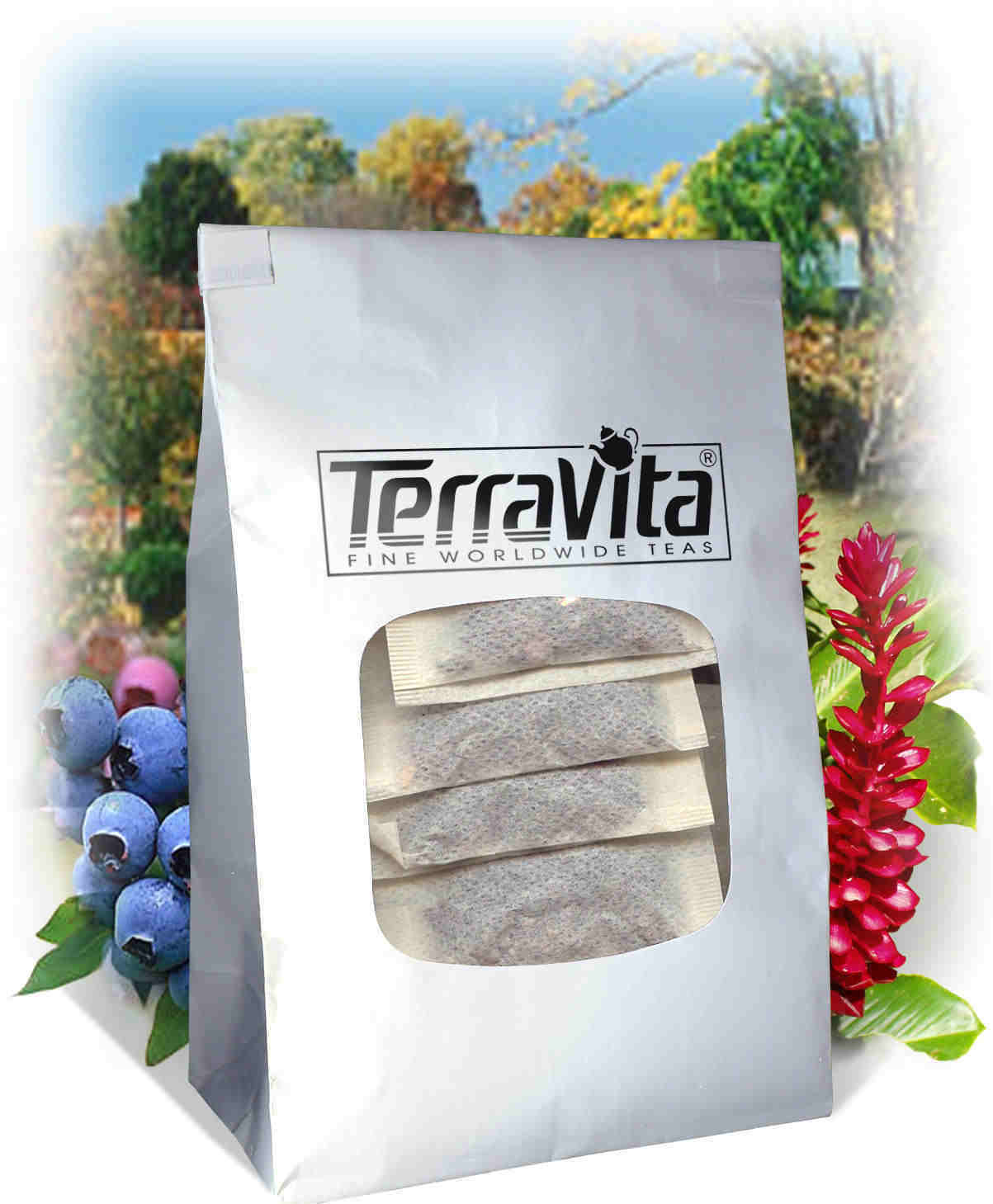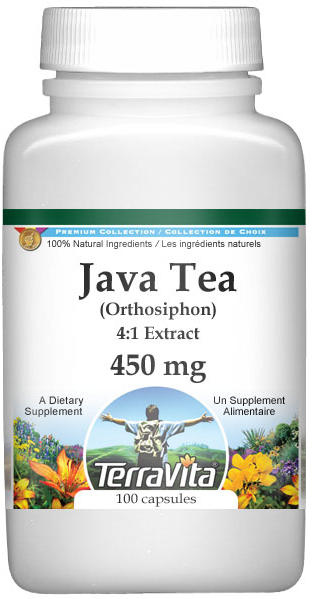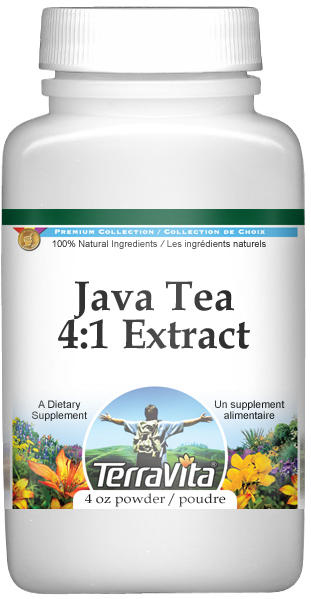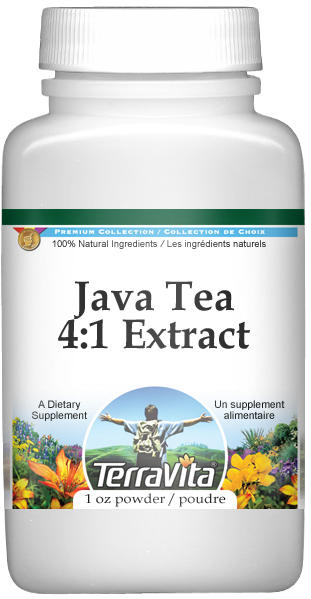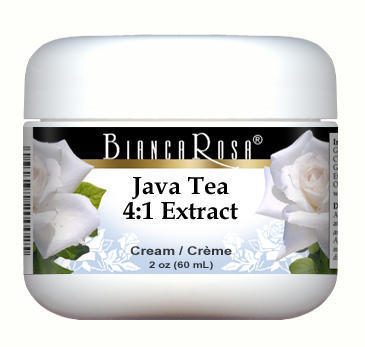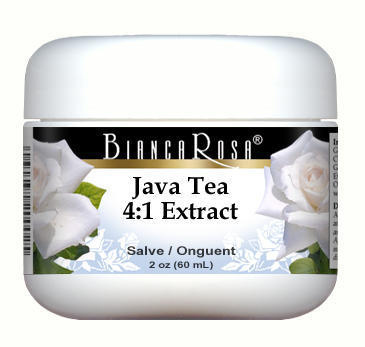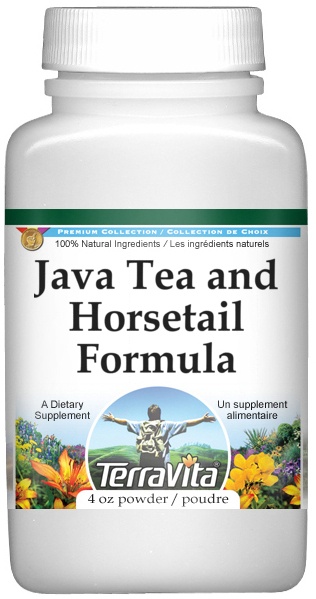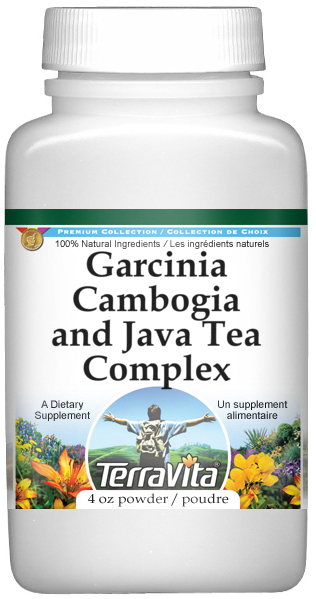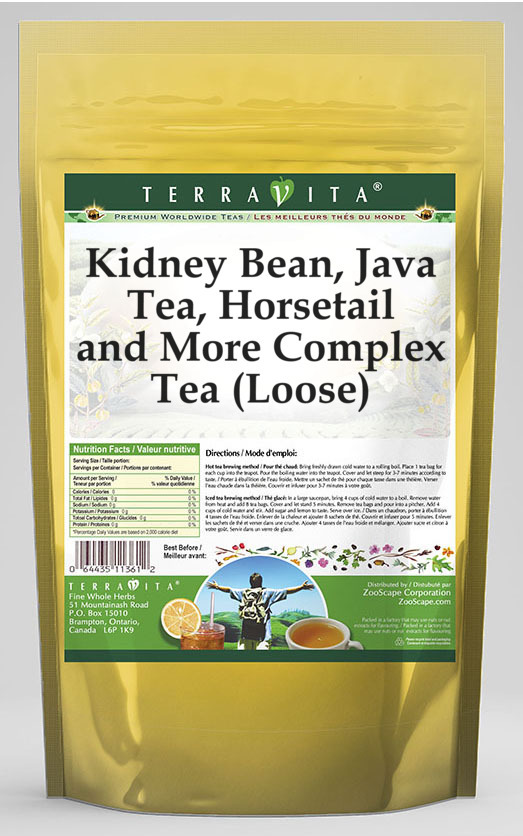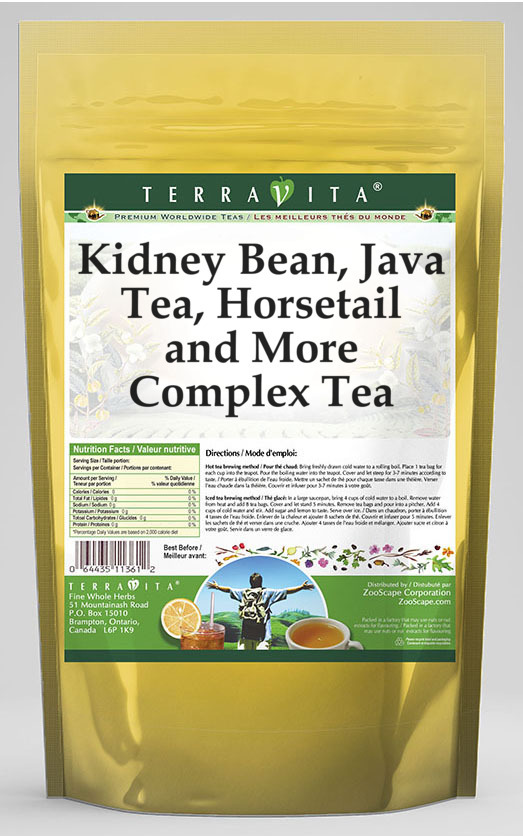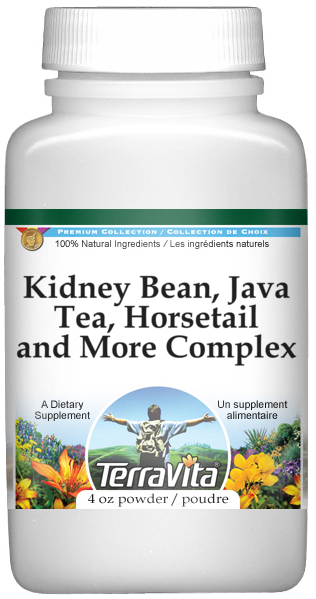Java Tea
(Orthosiphon)
| Images | Product Name | Size | ZIN | Price | Quantity | Add to Cart |
| Java Tea (Orthosiphon stamineus) Powder | 4 oz | 511039 | $32.94 | |||
| 1 oz | 511040 | $13.86 | ||||
| Java Tea (Orthosiphon) Cream | 2 oz | 524379 | $45.64 | |||
| Java Tea (Orthosiphon) Salve | 2 oz | 524380 | $50.07 | |||
| Java Tea (Orthosiphon stamineus) - 450 mg | 100 capsules | 511038 | $30.55 | |||
| Java Tea (Orthosiphon stamineus) - 225 mg | 100 capsules | 429128 | $23.38 | |||
| Java Tea (Orthosiphon) Glycerite Liquid Extract (1:5) | 1 oz - No Flavor | 523356 | $20.94 | |||
| 1 oz - Strawberry | 523357 | $23.15 | ||||
| 1 oz - Vanilla | 523358 | $23.15 | ||||
| 1 oz - Chocolate | 523359 | $23.15 | ||||
| 1 oz - Mint | 523360 | $23.15 | ||||
| Java Tea / Orthosiphon Tea (Loose) | 4 oz | 511041 | $20.99 | |||
| 8 oz | 511042 | $32.94 | ||||
| Java Tea / Orthosiphon Tea | 25 tea bags | 511043 | $29.85 | |||
| 50 tea bags | 511044 | $48.42 |
TerraVita strives to make all of our products affordable and reliable and are constantly searching the market to maintain our affordability and to look for new ways to serve you and the ones you love. TerraVita has become a trusted household name for many families and can bring you and yours the very best herbal supplements, blends, teas and spices that are on the market today.
TerraVita is packed in tamper-proof, food-grade, recyclable containers.
ZooScape is proud to be the exclusive distributor of TerraVita teas, herbs and supplements in the United States, Canada and around the world. Please direct all wholesale and bulk inquiries to 1-844-449-0444.
Bianca Rosa is an exclusive line of premium-quality natural products sourced from only the finest and purest ingredients from around the world. Bianca Rosa is hallmarked by the highest possible standards of purity, stability and freshness. All Bianca Rosa products are prepared with the highest level of quality control, from the raw materials used through the entire manufacturing process, up to and including the moment that the finished product is sealed for freshness and shipped to you. Our highest possible standards backed by our personal guarantee.
Bianca Rosa makes all products as affordable as possible and we are constantly searching the market to maintain our affordability and to look for new ways to serve you. Bianca Rosa has been a trusted household name for many families throughout the world since the 1990s. Bianca Rosa is packed in tamper-proof, recyclable containers.
ZooScape is proud to be the exclusive distributor of all Bianca Rosa products, including creams, salves and oils in the United States, Canada and around the world. Please direct all wholesale and bulk inquiries to 1-844-449-0444.
These statements have not been evaluated by the Food and Drug Administration (FDA). Products are intended to support general well being and are not intended to treat, diagnose, prevent, or cure any condition or disease.
Java Tea
(Orthosiphon) 4:1 Extract
| Images | Product Name | Size | ZIN | Price | Quantity | Add to Cart |
| Extra Strength Java Tea (Orthosiphon) 4:1 Extract - 450 mg | 100 capsules | 511045 | $33.51 | |||
| Extra Strength Java Tea (Orthosiphon) 4:1 Extract Powder | 4 oz | 511046 | $37.83 | |||
| 1 oz | 511047 | $15.24 | ||||
| Extra Strength Java Tea 4:1 Extract Cream | 2 oz | 514238 | $27.45 | |||
| Extra Strength Java Tea 4:1 Extract - Salve Ointment | 2 oz | 514239 | $32.25 |
TerraVita strives to make all of our products affordable and reliable and are constantly searching the market to maintain our affordability and to look for new ways to serve you and the ones you love. TerraVita has become a trusted household name for many families and can bring you and yours the very best herbal supplements, blends, teas and spices that are on the market today.
TerraVita is packed in tamper-proof, food-grade, recyclable containers.
ZooScape is proud to be the exclusive distributor of TerraVita teas, herbs and supplements in the United States, Canada and around the world. Please direct all wholesale and bulk inquiries to 1-844-449-0444.
Bianca Rosa is an exclusive line of premium-quality natural products sourced from only the finest and purest ingredients from around the world. Bianca Rosa is hallmarked by the highest possible standards of purity, stability and freshness. All Bianca Rosa products are prepared with the highest level of quality control, from the raw materials used through the entire manufacturing process, up to and including the moment that the finished product is sealed for freshness and shipped to you. Our highest possible standards backed by our personal guarantee.
Bianca Rosa makes all products as affordable as possible and we are constantly searching the market to maintain our affordability and to look for new ways to serve you. Bianca Rosa has been a trusted household name for many families throughout the world since the 1990s. Bianca Rosa is packed in tamper-proof, recyclable containers.
ZooScape is proud to be the exclusive distributor of all Bianca Rosa products, including creams, salves and oils in the United States, Canada and around the world. Please direct all wholesale and bulk inquiries to 1-844-449-0444.
These statements have not been evaluated by the Food and Drug Administration (FDA). Products are intended to support general well being and are not intended to treat, diagnose, prevent, or cure any condition or disease.
Java and Horsetail Formula
| Images | Product Name | Size | ZIN | Price | Quantity | Add to Cart |
| Java Tea and Horsetail Formula - 450 mg | 100 capsules | 514003 | $26.48 | |||
| Java Tea and Horsetail Formula Powder | 4 oz | 514004 | $26.24 | |||
| 1 oz | 514005 | $12.00 | ||||
| Java Tea and Horsetail Formula Glycerite Liquid Extract (1:5) | 1 oz - No Flavor | 523796 | $20.94 | |||
| 1 oz - Strawberry | 523797 | $23.15 | ||||
| 1 oz - Vanilla | 523798 | $23.15 | ||||
| 1 oz - Chocolate | 523799 | $23.15 | ||||
| 1 oz - Mint | 523800 | $23.15 |
TerraVita strives to make all of our products affordable and reliable and are constantly searching the market to maintain our affordability and to look for new ways to serve you and the ones you love. TerraVita has become a trusted household name for many families and can bring you and yours the very best herbal supplements, blends, teas and spices that are on the market today.
TerraVita is packed in tamper-proof, food-grade, recyclable containers.
ZooScape is proud to be the exclusive distributor of TerraVita teas, herbs and supplements in the United States, Canada and around the world. Please direct all wholesale and bulk inquiries to 1-844-449-0444.
These statements have not been evaluated by the Food and Drug Administration (FDA). Products are intended to support general well being and are not intended to treat, diagnose, prevent, or cure any condition or disease.
Garcinia Cambogia and Java Complex
| Images | Product Name | Size | ZIN | Price | Quantity | Add to Cart |
| Garcinia Cambogia and Java Tea Complex - 450 mg | 100 capsules | 516382 | $29.57 | |||
| Garcinia Cambogia and Java Tea Complex Powder | 4 oz | 516383 | $31.32 | |||
| 1 oz | 516384 | $13.42 |
TerraVita strives to make all of our products affordable and reliable and are constantly searching the market to maintain our affordability and to look for new ways to serve you and the ones you love. TerraVita has become a trusted household name for many families and can bring you and yours the very best herbal supplements, blends, teas and spices that are on the market today.
TerraVita is packed in tamper-proof, food-grade, recyclable containers.
ZooScape is proud to be the exclusive distributor of TerraVita teas, herbs and supplements in the United States, Canada and around the world. Please direct all wholesale and bulk inquiries to 1-844-449-0444.
These statements have not been evaluated by the Food and Drug Administration (FDA). Products are intended to support general well being and are not intended to treat, diagnose, prevent, or cure any condition or disease.
Kidney Bean, Java, Horsetail and More Complex
| Images | Product Name | Size | ZIN | Price | Quantity | Add to Cart |
| Kidney Bean, Java Tea, Horsetail and More Complex Tea (Loose) | 4 oz | 517176 | $16.58 | |||
| 8 oz | 517177 | $24.55 | ||||
| Kidney Bean, Java Tea, Horsetail and More Complex Tea | 25 tea bags | 517178 | $16.87 | |||
| 50 tea bags | 517179 | $25.40 | ||||
| Kidney Bean Pod, Corn Silk, and More Complex Glycerite Liquid Extract (1:5) | 1 oz - No Flavor | 523606 | $20.94 | |||
| 1 oz - Strawberry | 523607 | $23.15 | ||||
| 1 oz - Vanilla | 523608 | $23.15 | ||||
| 1 oz - Chocolate | 523609 | $23.15 | ||||
| 1 oz - Mint | 523610 | $23.15 | ||||
| Kidney Bean, Java Tea, Horsetail and More Complex - 450 mg | 100 capsules | 517173 | $25.00 | |||
| Kidney Bean, Java Tea, Horsetail and More Complex Powder | 4 oz | 517174 | $23.77 | |||
| 1 oz | 517175 | $11.30 |
TerraVita strives to make all of our products affordable and reliable and are constantly searching the market to maintain our affordability and to look for new ways to serve you and the ones you love. TerraVita has become a trusted household name for many families and can bring you and yours the very best herbal supplements, blends, teas and spices that are on the market today.
TerraVita is packed in tamper-proof, food-grade, recyclable containers.
ZooScape is proud to be the exclusive distributor of TerraVita teas, herbs and supplements in the United States, Canada and around the world. Please direct all wholesale and bulk inquiries to 1-844-449-0444.
These statements have not been evaluated by the Food and Drug Administration (FDA). Products are intended to support general well being and are not intended to treat, diagnose, prevent, or cure any condition or disease.
